Over the past few years, streaming has truly taken off and gathered the attention of mainstream audiences around the world. For many gamers, it is now the main form of content that they consume or produce on a daily basis. Most gamers want to stream the games they play on platforms like Twitch and YouTube in order to connect with their audiences.
Here’s a quick look at the best CPUs for streaming and gaming, alongside a brief comparison of their specs:



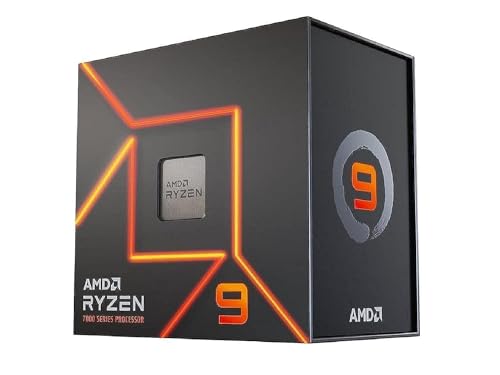


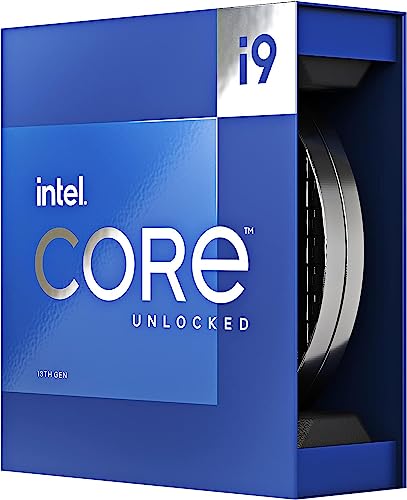


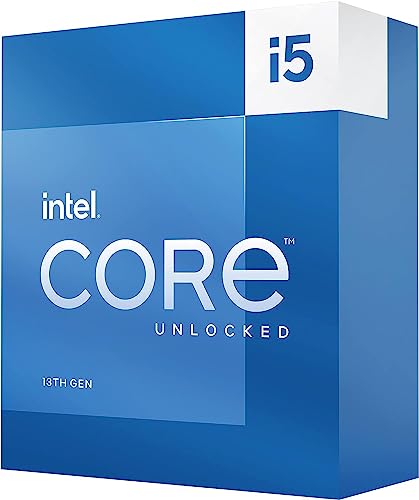


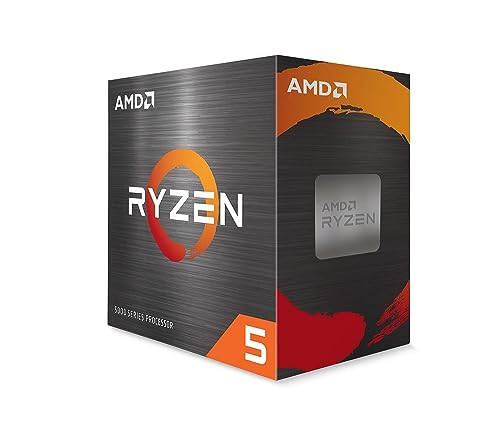


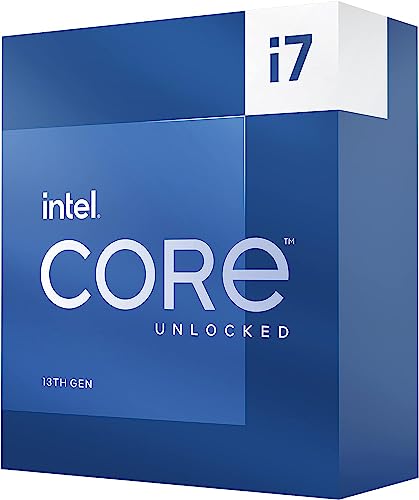


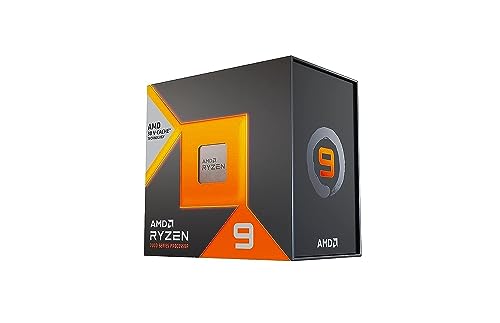















Last update on 2023-12-13
Of course, streaming is a resource-intensive activity, and you need a pretty powerful rig to be able to stream while gaming simultaneously. At the heart of a streaming PC is the CPU, which is responsible for software encoding as well as multitasking. For this reason, you will need one of the best CPUs for streaming in order to make the process easier for you.
Best CPU for Streaming
Here is a selection of the best CPUs for streaming that you can buy right now:
- AMD Ryzen 9 7950X3D
- AMD Ryzen 9 7950X
- Intel Core i9-13900K
- Intel Core i5-13600K
- AMD Ryzen 5 5600X
- Intel Core i7-13700K
AMD Ryzen 9 7950X3D
Best CPU for Gaming and Streaming
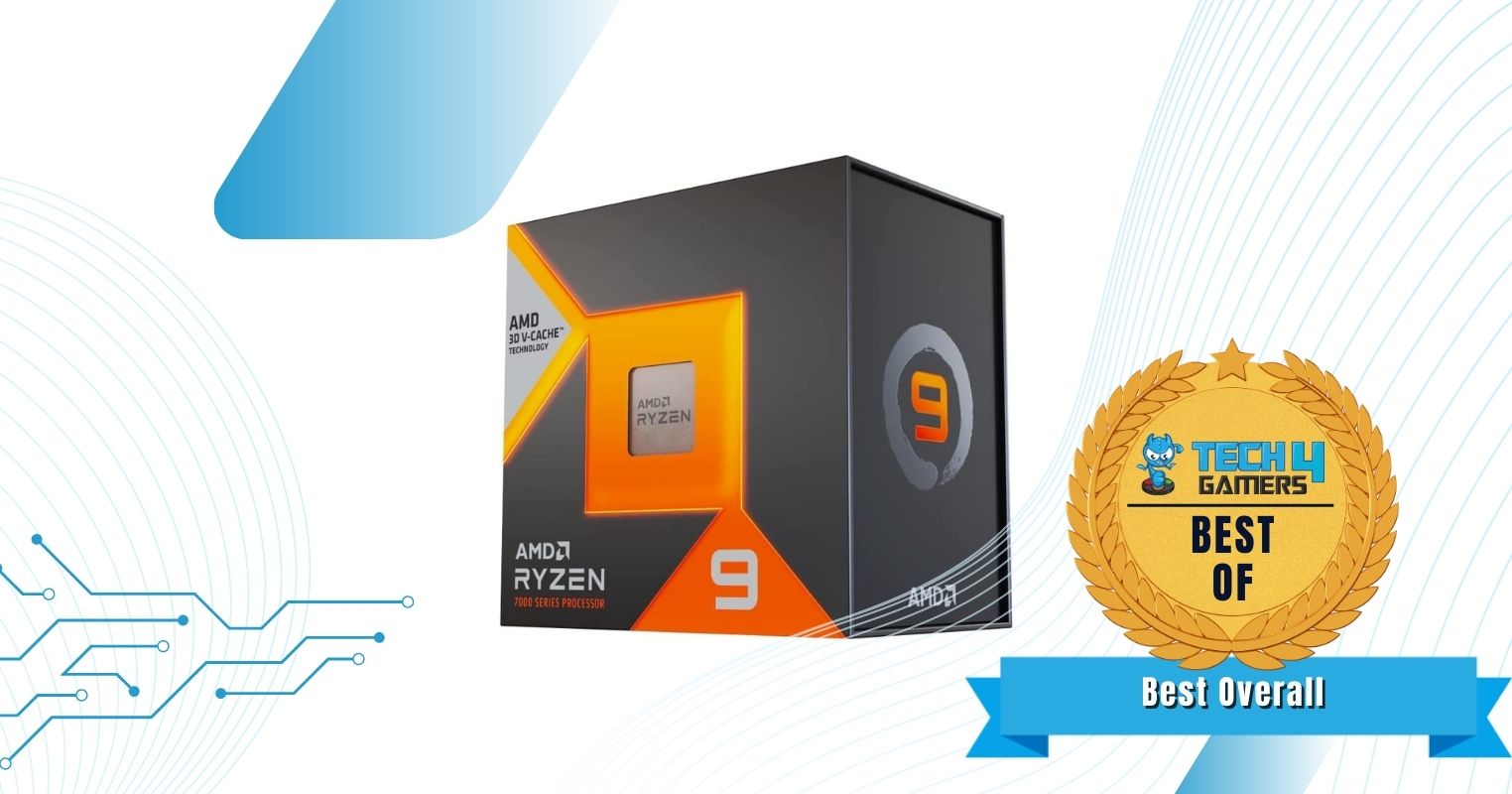
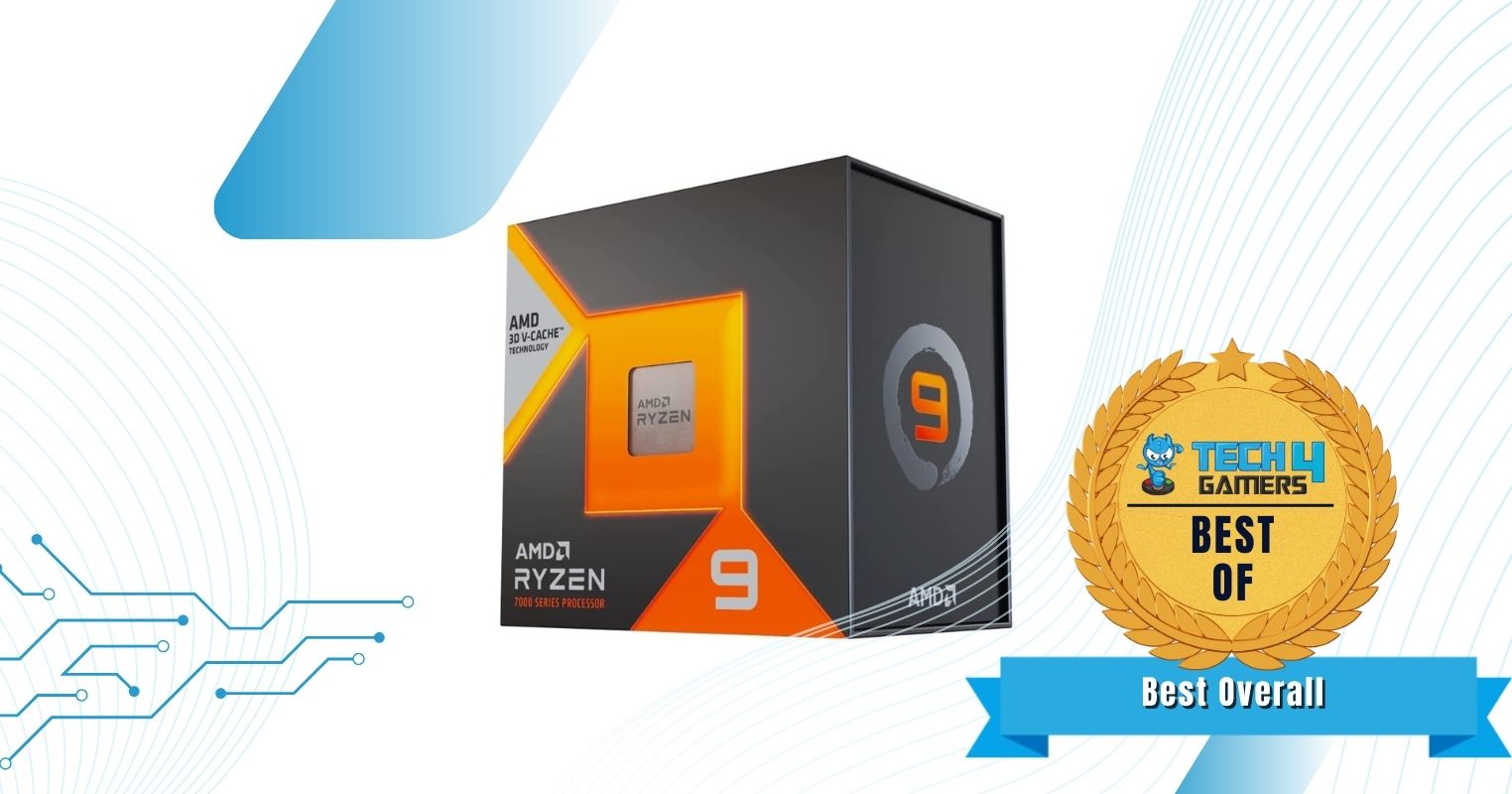
Socket: AMD AM5 | Cores: 16 | Threads: 32 | L2 Cache: 16MB | Base Clock: 4.2 GHz | Boost Clock: Up to 5.7 GHz | TDP: 120W | Unlocked: No
Pros
- Best-in-class gaming performance
- Impressive multi-core performance
- Great for CPU encoding as well
- Unique 3D V-Cache technology
Cons
- Very expensive
- Locked multiplier
With the release of AMD’s X3D processors for the Ryzen 7000 series, Team Red is going head-to-head with Intel when it comes to the gaming performance crown. The new processors are equipped with the unique AMD 3D V-Cache technology, which allows AMD to reduce latency and significantly improve single-core performance.
Not only that, the AMD Ryzen 9 7950X3D is exceptionally powerful in an overall capacity. With 16 cores and 32 threads, AMD has made no compromises regarding the core layout of its new flagship CPU. The 7950X3D can hit a maximum boost clock of a whopping 5.7 GHz, which allows it to really excel in gaming scenarios.
During the course of my testing, the Ryzen 9 7950X3D continuously ranked in the top 3 in my standardized gaming tests, making it one of the fastest gaming processors that money can buy. Add that to its exceptional multi-core performance and productivity prowess; there is no doubt that the AMD Ryzen 9 7950X3D can be considered the best CPU for gaming and streaming overall.
Even though the 3D V-Cache implementation hurts the multi-core performance of the chip a little bit compared to the standard Ryzen 9 7950X, it is still an overall net benefit. The Ryzen 9 7950X3D is an absolute behemoth in multitasking, and it makes it easy for you to stream on your favorite platform while simultaneously running the game on the same machine.
You can even try your hand at x264 CPU encoding if you only want to trust the CPU with the encoding workload, and the Ryzen 9 7950X3D will break no sweat. However, during a GPU-encoded stream, this CPU is more than capable of any multitasking that you can throw at it. The Ryzen 9 7950X3D will equip you to play at 4K while streaming at a reasonably high bitrate, provided your GPU can handle it.
The 16 cores and 32 threads of the 7950X3D are very helpful when you want to load additional overlays or plugins to your stream. The multi-core performance of the 7950X3D comes in handy here. It keeps the stream and the game running smoothly while having enough resources left over for any additional windows you might want to open.
Of course, just like any other CPU, the Ryzen 9 7950X3D has its flaws. Not only is it an incredibly expensive CPU, but it also comes with a locked multiplier. This means that you won’t be able to overclock it manually using the traditional way, although PBO is still available.
The 120W default TDP is also quite a bit less than the 170W of the regular Ryzen 9 7950X, hinting towards a reduction in the power budget. It also runs very hot, so you will need a good-quality CPU cooler to go along with it.
What We Liked
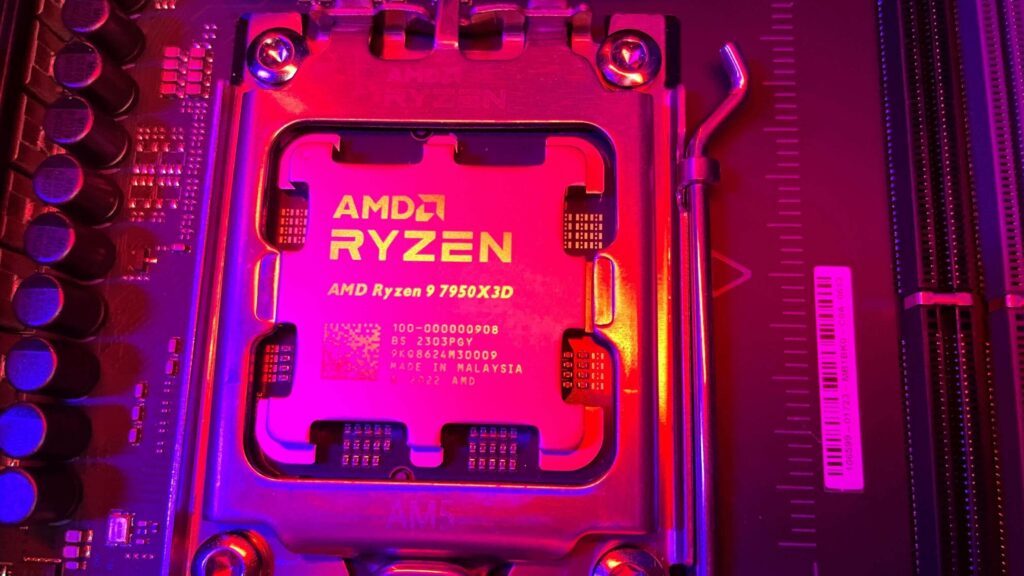
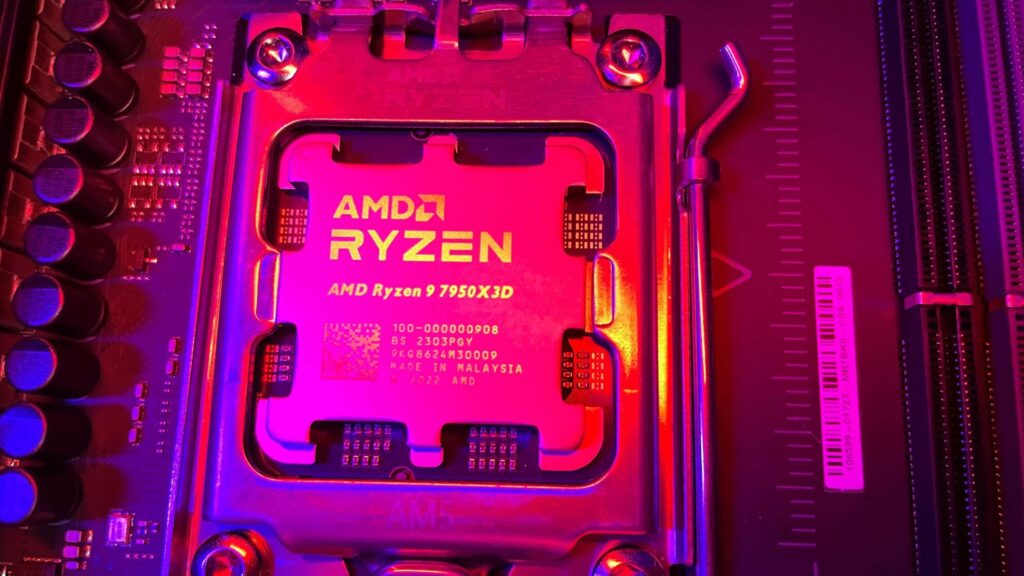
The gaming performance of the Ryzen 9 7950X3D is second to none, and the streaming performance is among the best in the industry as well. This makes it a solid choice for those streamers who want to play the game and stream from the same machine.
What We Disliked
Apart from being a very expensive CPU, the Ryzen 9 7950X3D has a locked multiplier. Moreover, the X670E motherboards are also very expensive at the time of writing. Not to mention, the CPU puts out quite a bit of heat and is not very efficient, to say the least.
Who Is It For?
If you are a streamer who wants to play the game while streaming from the same computer, then the Ryzen 9 7950X3D is the best option for you.
What Makes It The Best CPU For Gaming and Streaming?
The extraordinary gaming performance of the Ryzen 9 7950X3D, combined with its superb multitasking capability, makes it the best CPU for gaming and streaming.
Other Things You Need With Ryzen 9 7950X3D:
- Best Motherboard for Ryzen 9 7950X3D
- Best RAM for Ryzen 9 7950X3D
- Best CPU Cooler for Ryzen 9 7950X3D
AMD Ryzen 9 7950X
Best AMD CPU for Gaming and Streaming
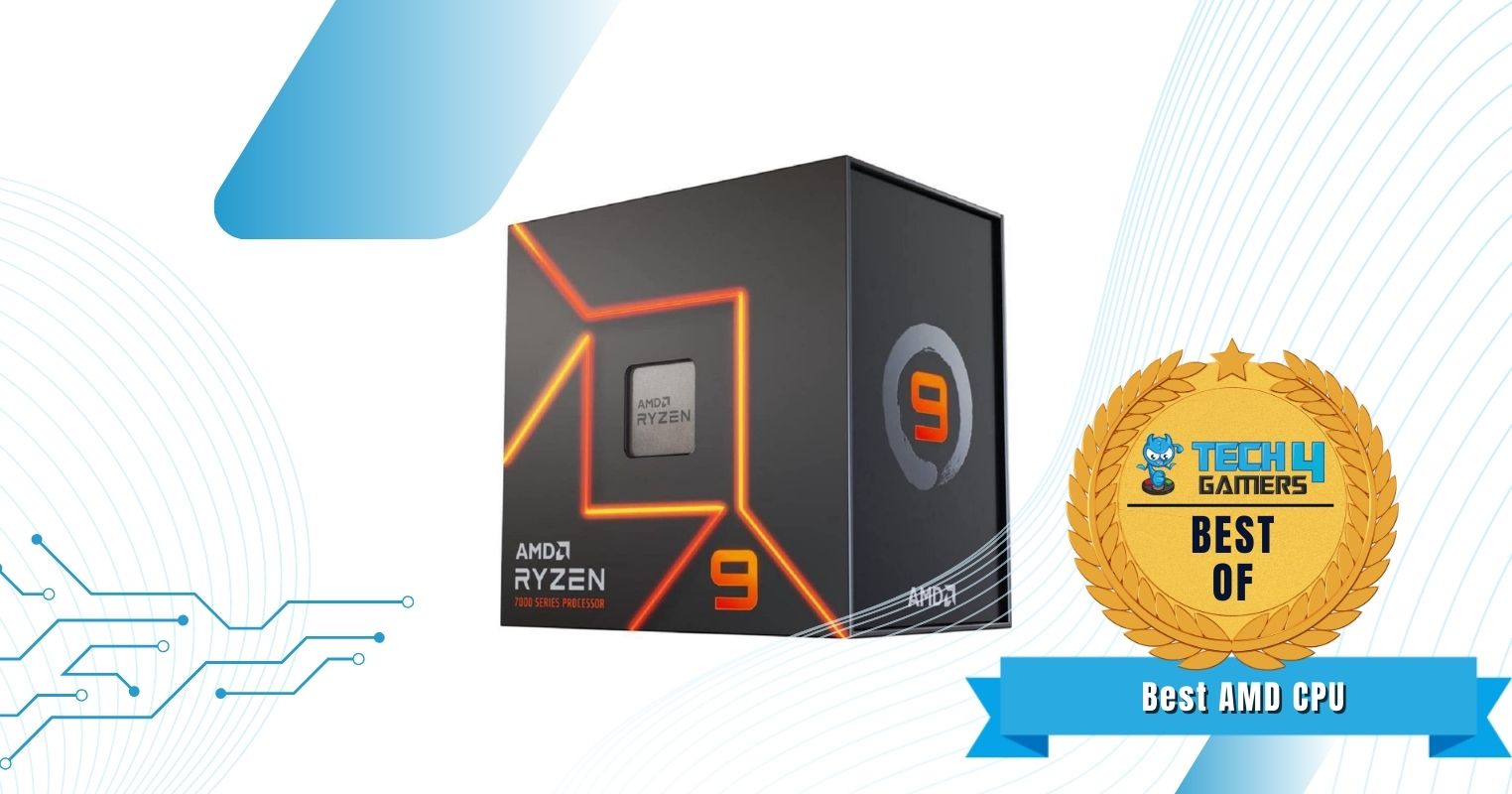
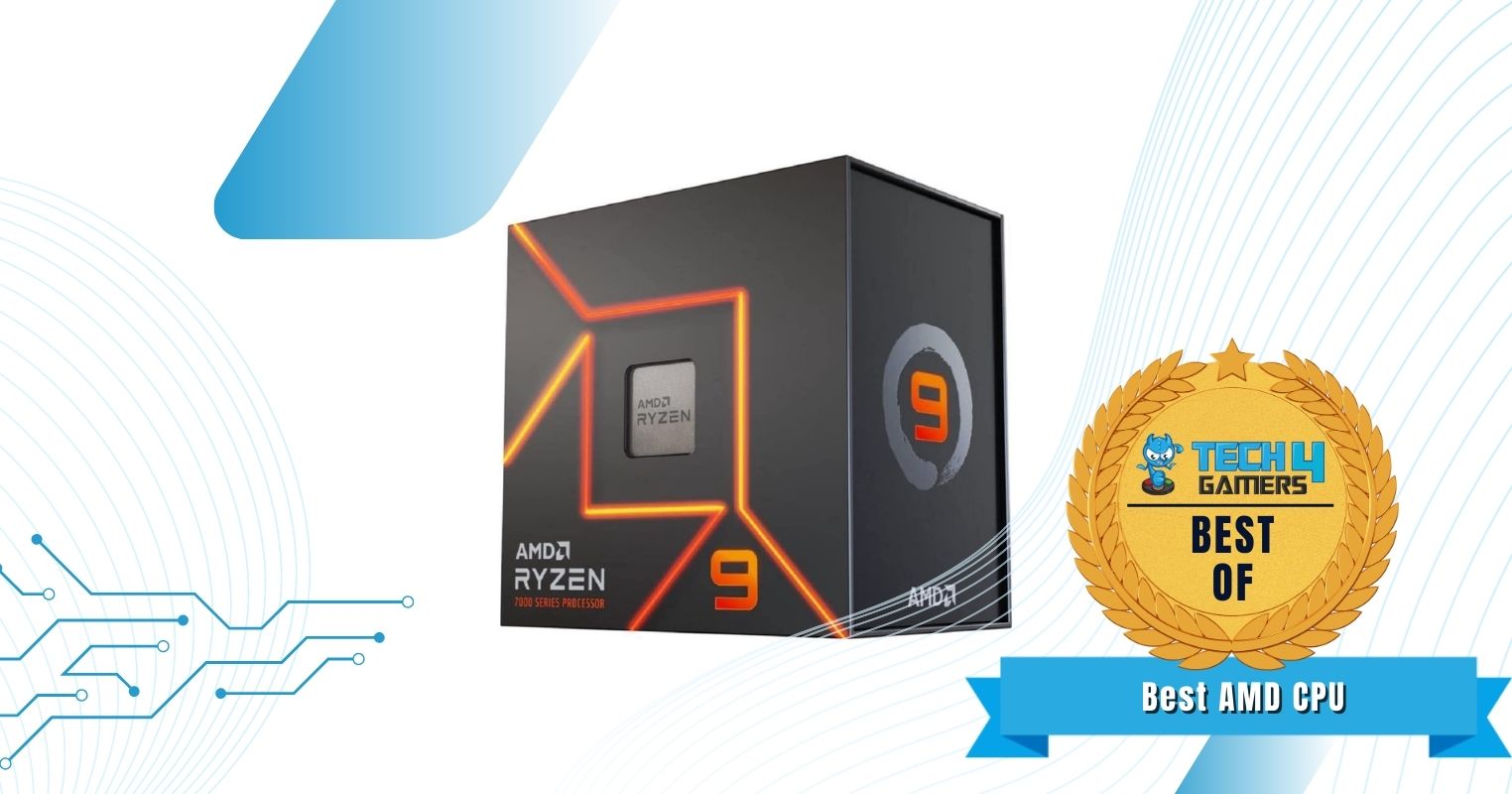
Socket: AMD AM5 | Cores: 16 | Threads: 32 | L2 Cache: 16MB | Base Clock: 4.5 GHz | Boost Clock: Up to 5.7 GHz | TDP: 170W | Unlocked: Yes
Pros
- Best-in-class productivity performance
- Great for CPU encoding as well
- Overclockable
- Excellent for gaming
Cons
- Quite expensive
- Very high power draw
The AMD Ryzen 9 7950X was the “vanilla” flagship of the AMD AM5 socket before the new X3D CPUs took over. It still holds a very prestigious position in AMD’s arsenal thanks to its high core count and overclocking capability. Remember, the X3D CPUs have a locked multiplier, and they are a bit restrained on power budget, which is where the Ryzen 9 7950X shines.
On paper, the AMD Ryzen 9 7950X is very similar to the aforementioned 7950X3D. However, a few key differences start to appear once you scratch the surface. Of course, the 7950X is missing that sweet 3D V-Cache that games love so much, but it still holds the upper hand in productivity performance. Moreover, the 7950X has a higher power budget as compared to the Ryzen 9 7950X3D.
Thanks in part to its expanded power budget and ridiculous core count, the 7950X is one of the fastest productivity CPUs in our testing. This is where the 7950X separates itself from the rest of AMD’s lineup and firmly establishes itself as the best AMD CPU for streaming and gaming. Not only can it deliver superb single-threaded performance, but its multi-core performance is the best in the industry.
A big reason why the Ryzen 9 7950X is the ideal streaming CPU is its raw core count. It doesn’t really get better than 16 full cores on a consumer-grade CPU, at least right now. When the raw processing power of those 16 cores is combined with the advancements of the Zen 4 architecture, there is not a lot that this CPU can’t handle. You can even try x264 encoding on the CPU itself if that tickles your fancy, but that might not be your preferred method.
The Ryzen 9 7950X is great at delegating the encoding tasks to your GPU while it handles the processing workload of the game as well as all the background processes. The Ryzen 9 7950X can enable your PC to play the game at 4K while simultaneously streaming at a high bitrate, but your GPU needs to be up for it as well.
While you’re busy setting up your stream and gathering subscribers on Twitch, keep an eye on your CPU’s power draw and temperatures. Apart from being an expensive CPU, the 7950X is also a very power-hungry piece of hardware. On the flip side, the high power budget of the Ryzen 9 7950X allows it to sustain high boost clocks for longer periods.
This allows the Ryzen 9 7950X to deliver exceptional gaming performance as well as multi-core performance, which is ideal for a gaming and streaming PC in 2023. Nevertheless, you will need an exceptional CPU cooler to keep the temperatures under control.
What We Liked
The absurd multi-core performance of the Ryzen 9 7950X, combined with its superb gaming performance, makes it a streaming powerhouse. The overclocking support is handy as well if you want to squeeze out a bit more performance manually.
What We Disliked
The flagship AMD CPU (at least at launch) is one expensive piece of hardware. Moreover, it is very power-hungry and puts out a lot of heat.
Who Is It For?
Anyone who wants to use the same build for both gaming and streaming simultaneously, or those who want to stream their games using software encoding, should get the Ryzen 9 7950X.
What Makes It The Best AMD CPU For Gaming and Streaming?
While the Ryzen 9 7950X3D offers better gaming performance, it falls behind a bit when it comes to multi-core performance. The extraordinary multi-core prowess of the Ryzen 9 7950X makes it the best AMD CPU for gaming and streaming.
Other Things You Need With Ryzen 9 7950x:
Intel Core i9-13900K
Best Intel CPU for Gaming and Streaming
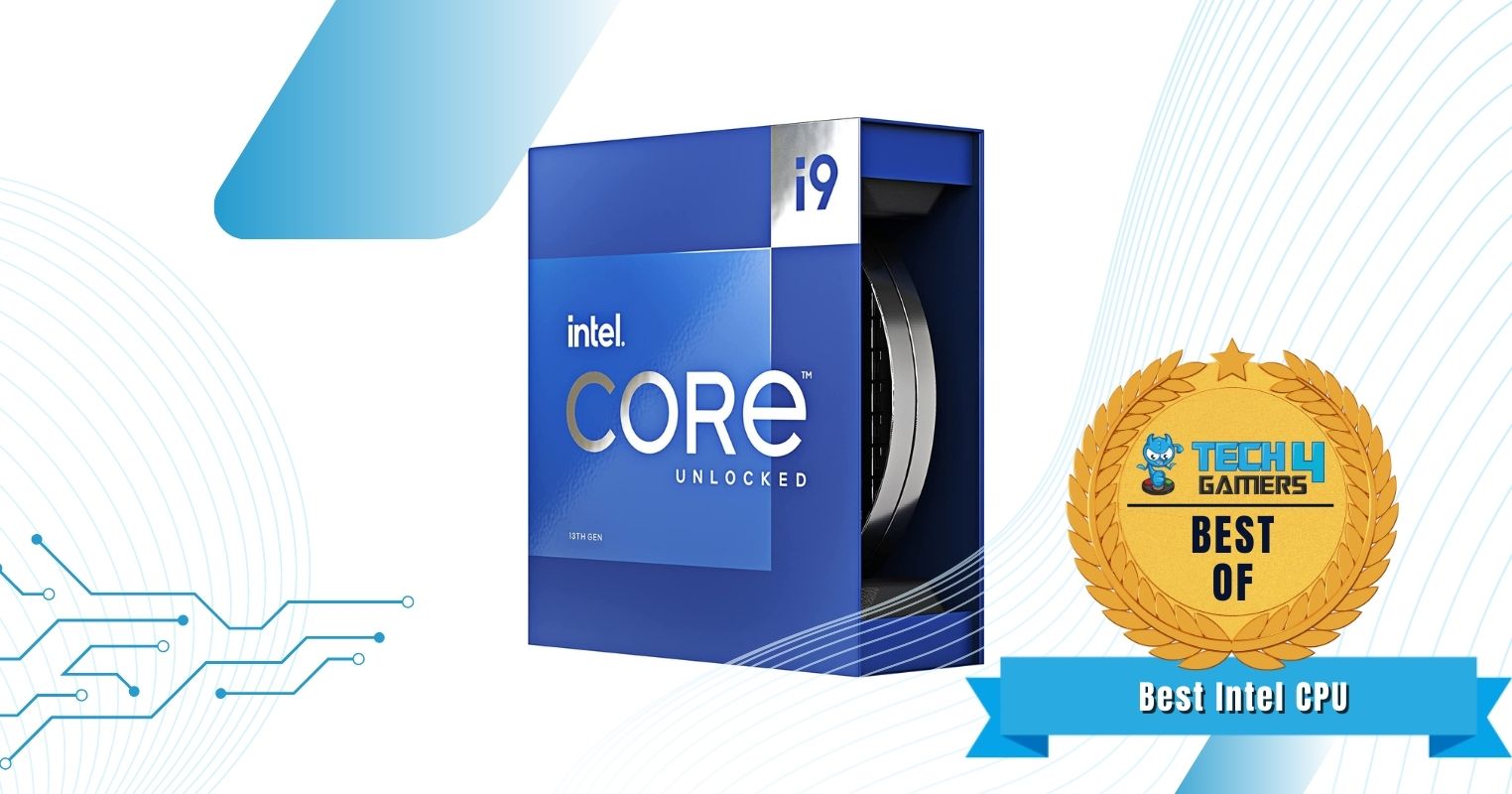
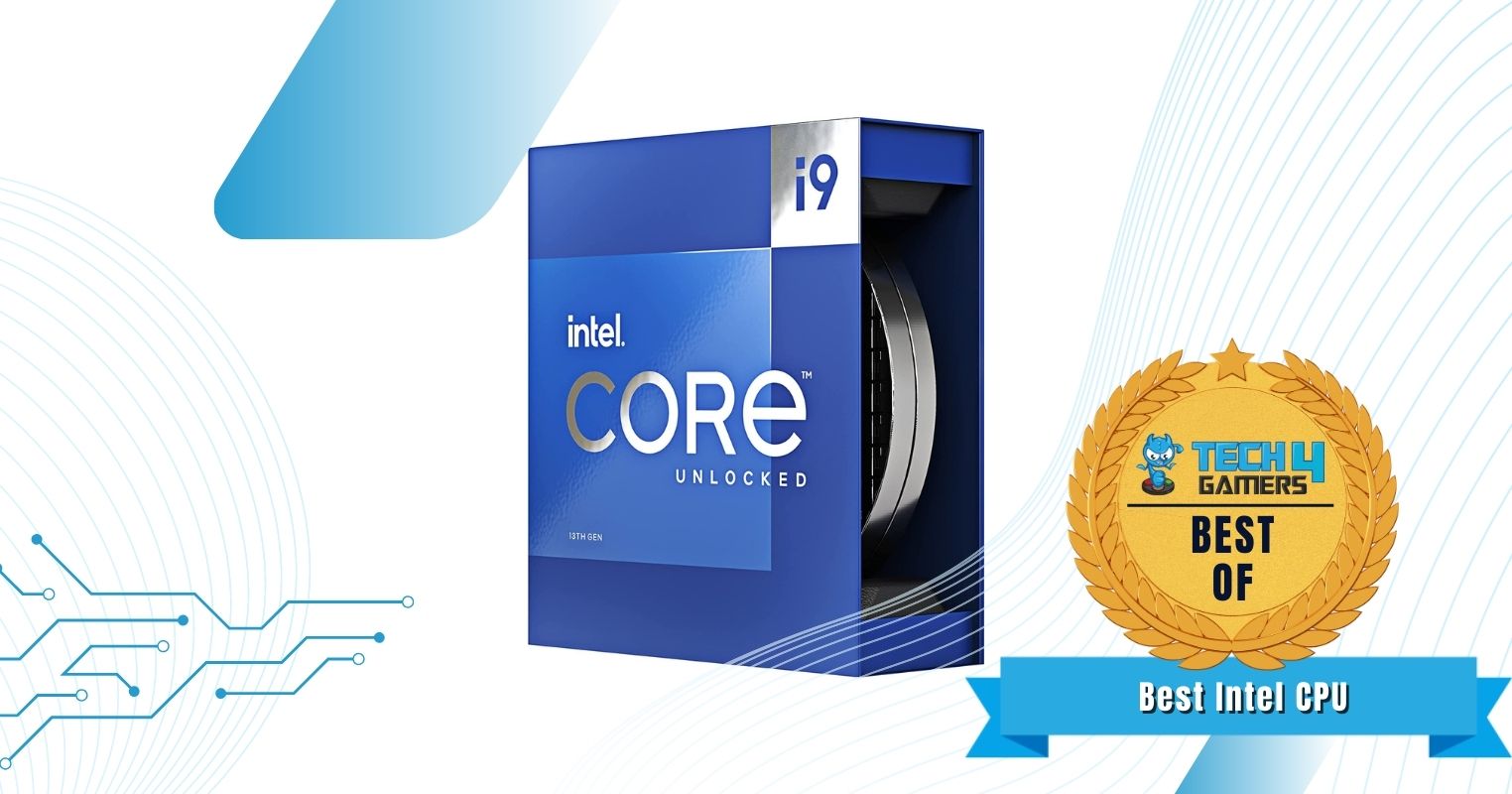
Socket: FCLGA1700 | Cores: 24 (8P + 16E) | Threads: 32 | L2 Cache: 32MB | Base Clock: 2.2 GHz | Boost Clock: Up to 5.8 GHz | TDP: 125W | Unlocked: Yes
Pros
- Excellent gaming performance
- Impressive overclocking headroom
- Supports both DDR4 and DDR5
- Combines P-Cores and E-Cores
Cons
- Very expensive
- Ridiculous power draw
What makes the Intel Core i9-13900K unique is its combination of high core count with unparalleled single-core performance. It is not often that we see both of these factors in a single CPU, but that is the case with the 13900K. Intel also makes use of the hybrid core structure in this CPU as it features both performance cores and efficiency cores for the ideal balance.
Under the hood, we find a whopping 24 total cores, with 8 of those being full-fledged “P-Cores” while the other 16 are labeled as “E-Cores” focused on efficiency. This hybrid core design allows the i9-13900K to strike a fine balance between performance and efficiency. It also enables Intel to pack the 13900K with loads of cores, something we need for the purposes of streaming.
Not only is the i9-13900K absolutely loaded with cores, but it can also boost them up to a sky-high 5.8 GHz under ideal circumstances. During the course of our testing, the i9-13900K continuously ranked in the top 3 for gaming performance thanks to its superb single-core performance. In addition to that, the productivity performance offered by the i9-13900K is also best-in-class for Intel.
Thanks to the multi-core prowess of the i9-13900K, as well as the gaming performance, it is certainly one of the best options for gaming and streaming simultaneously. The 24 cores also handle x264 software encoding very smoothly without a lot of dropped frames, which is what you would expect from a flagship CPU with this core count.
When paired with an adequately powerful GPU like the RTX 4090, the i9-13900K can handle 4K gaming quite easily while simultaneously downsampling the encoded stream to 1080p for use on platforms like Twitch. The vast power budget of the i9-13900K allows it to hold sky-high boost clocks for extended periods of time; therefore, you won’t have any hitches or stutters in your game while streaming.
The same expanded power budget might also be a double-edged sword. On the one hand, it allows the i9-13900K to deliver excellent single-core and multi-core performance for your streaming experience, but on the other hand, it also allows the CPU to draw a ridiculous amount of power from the PSU while putting out a lot of heat.
We have covered the best CPU coolers for i9-13900K before, and you will definitely need one of these heavy-duty coolers to keep this CPU under control. Not to mention, the i9-13900K is Intel’s flagship processor, so be ready to take a hit to the wallet if you decide to make this your ideal Twitch streaming CPU.
What We Liked
The Core i9-13900K is quite simply the best gaming and streaming CPU on the Intel platform. It delivers the best of both worlds by combining loads of cores with a super-high boost clock. Overclocking the 13900K is a joy as well, though a little unnecessary.
What We Disliked
Intel has pulled out all the stops when it comes to the power budget of the i9-13900K, and that means it is one power-hungry CPU. Consequently, it also runs very hot on a day-to-day basis. Its exorbitant price tag is also something to be considered in the big picture.
Who Is It For?
If you are already on Intel’s 11th Gen platform, or if you plan to stick to DDR4 memory, then the i9-13900K makes a lot of sense from a streaming perspective. It is the best option for streaming and gaming in Intel’s lineup and should be considered as an upgrade.
What Makes It The Best Intel CPU For Gaming and Streaming?
No other Intel CPU can provide the perfect balance of gaming and productivity performance that the i9-13900K provides. Sitting alone at the top of the Blue pyramid, the i9-13900K is the best Intel CPU for gaming and streaming right now.
Other Things You Need With i9-13900K:
Intel Core i5-13600K
Best CPU for Streaming 1080p
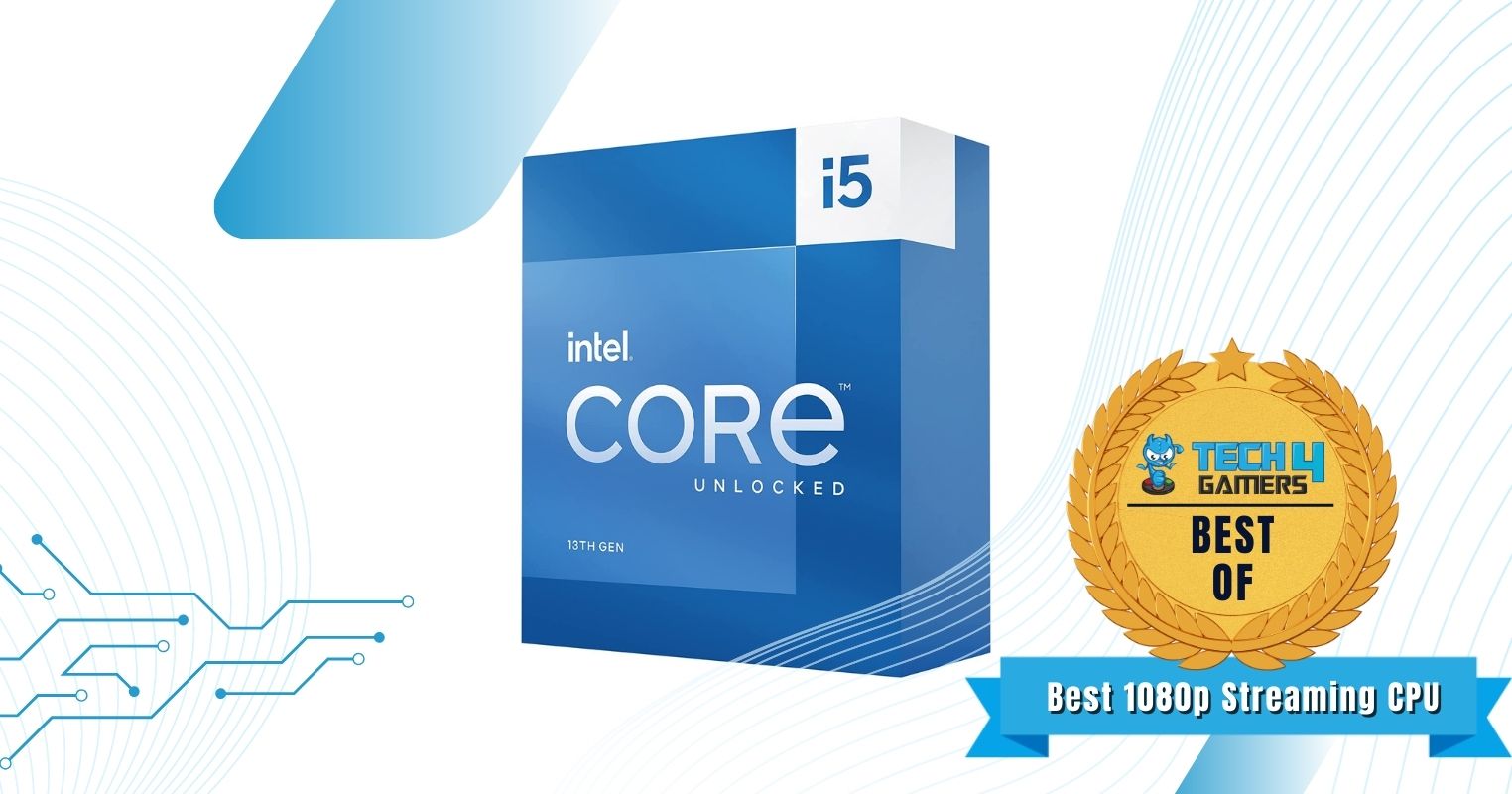
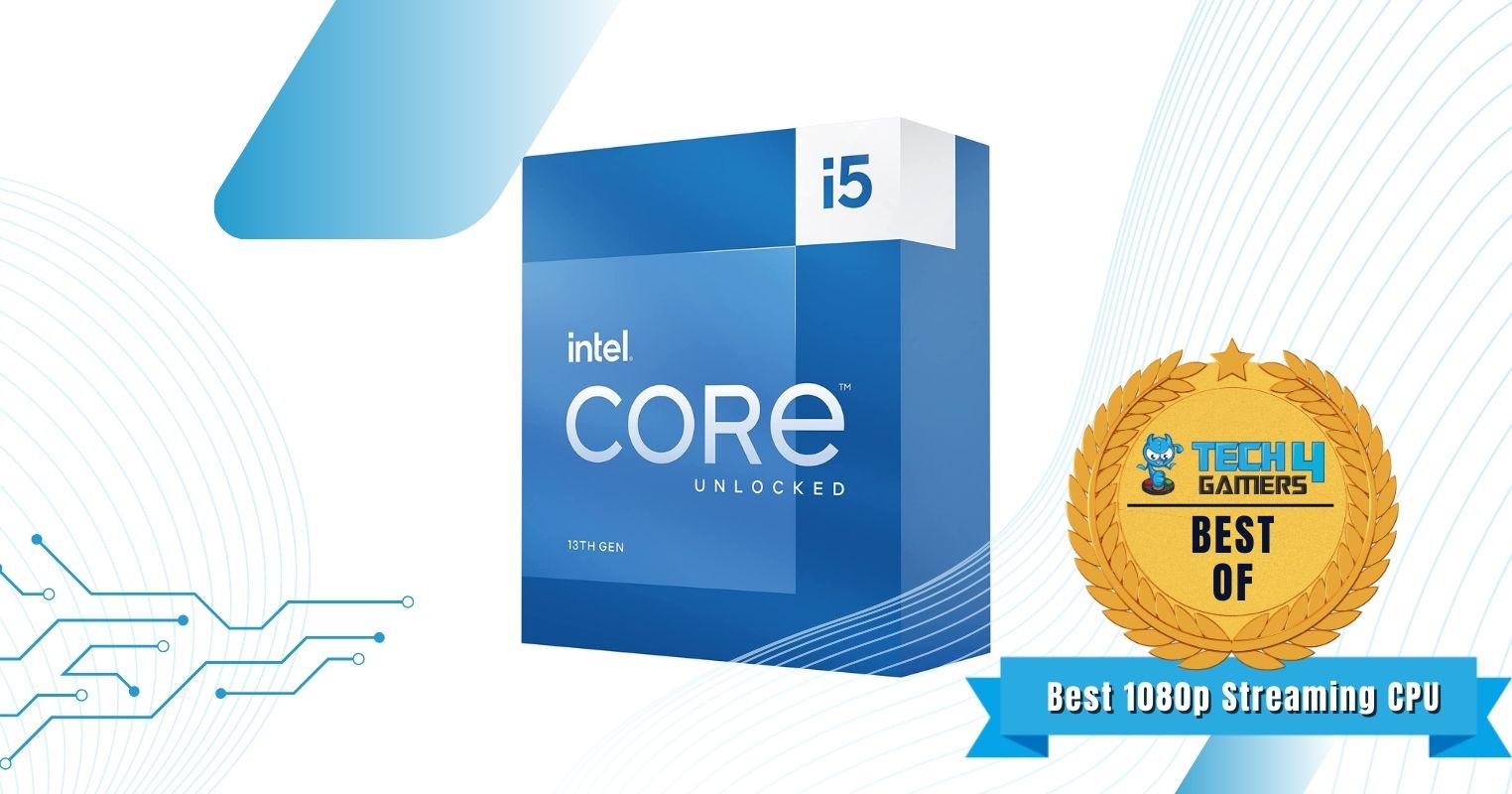
Socket: FCLGA1700 | Cores: 14 (6P + 8E) | Threads: 20 | L2 Cache: 20MB | Base Clock: 2.6 GHz | Boost Clock: Up to 5.1 GHz | TDP: 125W | Unlocked: Yes
Pros
- Affordable price point
- Solid 1080p encoding performance
- High single-core performance
- Support for both DDR4 and DDR5
Cons
- May struggle with high bitrate encoding
- Relatively power hungry
If you’re looking for a good streaming CPU on a relatively restricted budget, then the Intel Core i5-13600K is a fantastic option to consider. With Intel’s hybrid core architecture, it is now possible to get a whopping 14 cores in a budget CPU. Granted, eight of those cores are assigned as “E-Cores,” but they do help in multitasking which is essential for a streaming CPU.
One of the highlight features of the i5-13600K is its sky-high boost clock of 5.1 GHz. Intel’s variable turbo boost technology also comes into play here, as the 13600K can allocate most of its power budget to the 6 P-Cores in order to maximize gaming performance. This was evident in my testing, as the Core i5-13600K consistently bested the AMD Ryzen 7 7700X as well as the outgoing Core i7 12700K in gaming scenarios.
While the Core i5-13600K can also be the best CPU for a dedicated streaming PC, it makes more sense to use this processor at the heart of a PC used for both gaming and streaming. Given the value proposition offered by the 13600K, it is an ideal fit for a PC dedicated to 1080p streaming and gaming. The 13600K can even handle flagship GPUs from Nvidia and AMD’s latest generations, so you can try gaming at 1440p or 4K as well.
As per my test results, the x264 and x265 encoding performance of the i5-13600K go head to head with the AMD Ryzen 7 7700X, with the former being more affordable. This puts the Intel CPU at a major advantage when it comes to the mid-range streaming market. While software encoding is very feasible with the i5-13600K, it shines when it is used with a dedicated GPU in a hybrid streaming and gaming PC.
Of course, the hallmark feature of the i5-13600K in this context is its price-to-performance ratio. The i5-13600K punches way above its weight in gaming and streaming performance, and that is a testament to its superb core structure and overall architecture. Intel has hit the nail on the head with the 13600K when it comes to the ideal balance of value and productivity.
Even though the i5-13600K delivers admirable numbers in both gaming and streaming scenarios at 1080p, it is far from perfect. You may occasionally run into frame drops or stuttering when trying to encode a high bitrate file at 1440p or higher resolution. Too many overlays and plugins may also cause the i5-13600K to struggle a bit, but those scenarios are few and far between.
What We Liked
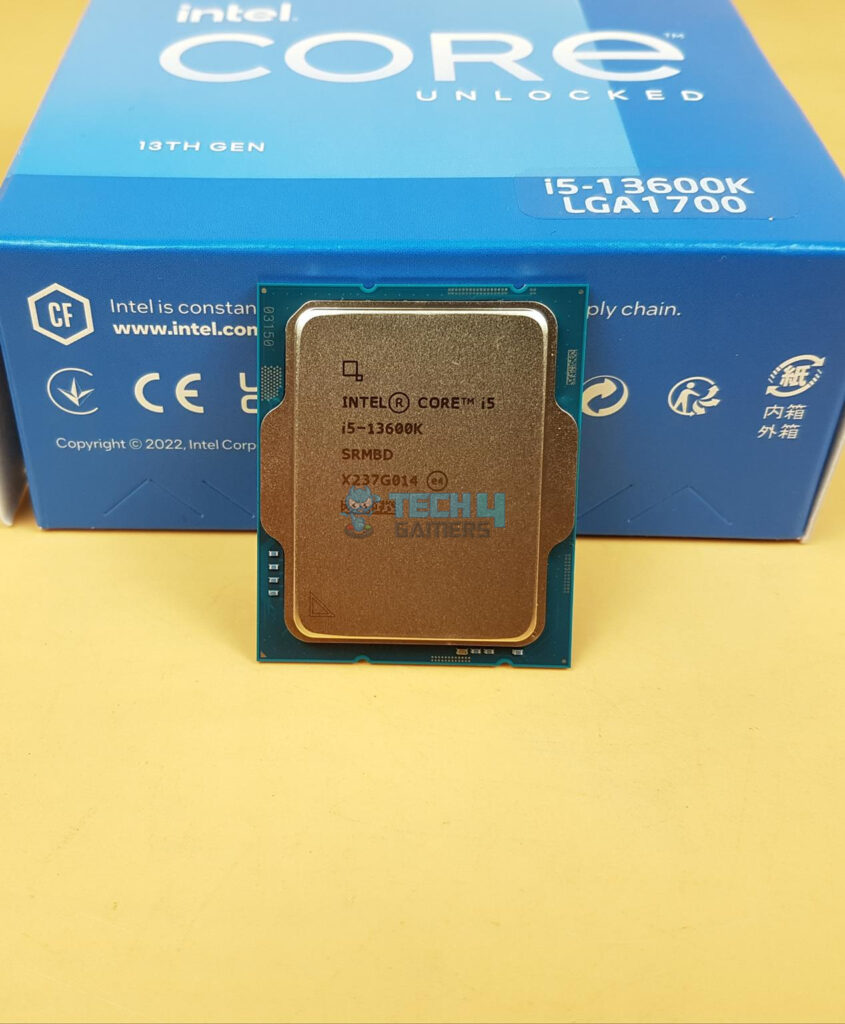
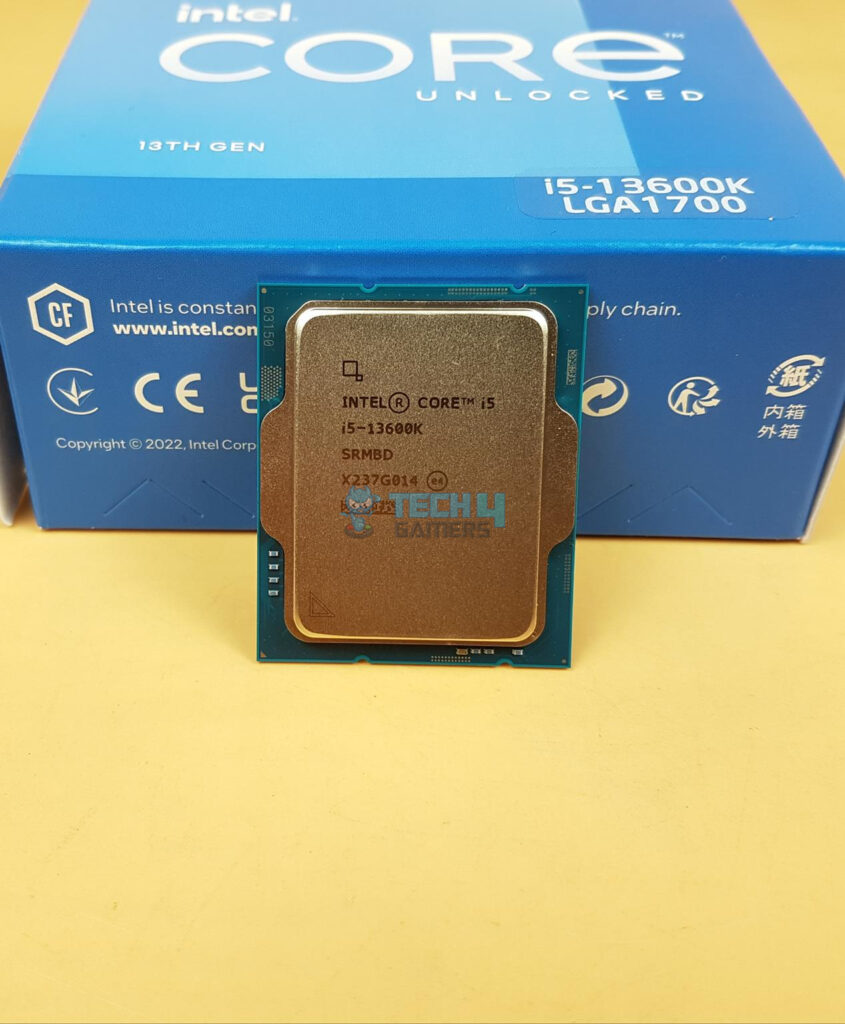
In a word, value! The Core i5-13600K is a phenomenal CPU for the price in both gaming and streaming arenas. While it does not hold the very top position in these areas, according to my testing, it still punches way above its weight and delivers an ideal 1080p streaming experience on a budget.
What We Disliked
Not a lot is to be disliked about the i5-13600K. Occasionally, it may show signs of struggle if the stream is too complicated or is encoded at an extraordinary bitrate. Also, just like the other Raptor Lake CPUs, the i5-13600K is relatively power-hungry and has a tendency to run a bit hot.
Who Is It For?
The Core i5-13600K is an ideal 1080p streaming CPU and should be considered if you are on a budget or already have a Z790 or Z690 motherboard.
What Makes It The Best CPU for Streaming 1080p?
The exceptional value for money offered by the i5-13600K, coupled with its top-notch Full HD streaming performance, makes this processor the best CPU for streaming 1080p to your favorite platforms.
Other Things You Need With i5-13600K:
AMD Ryzen 5 5600X
Best Budget Streaming CPU
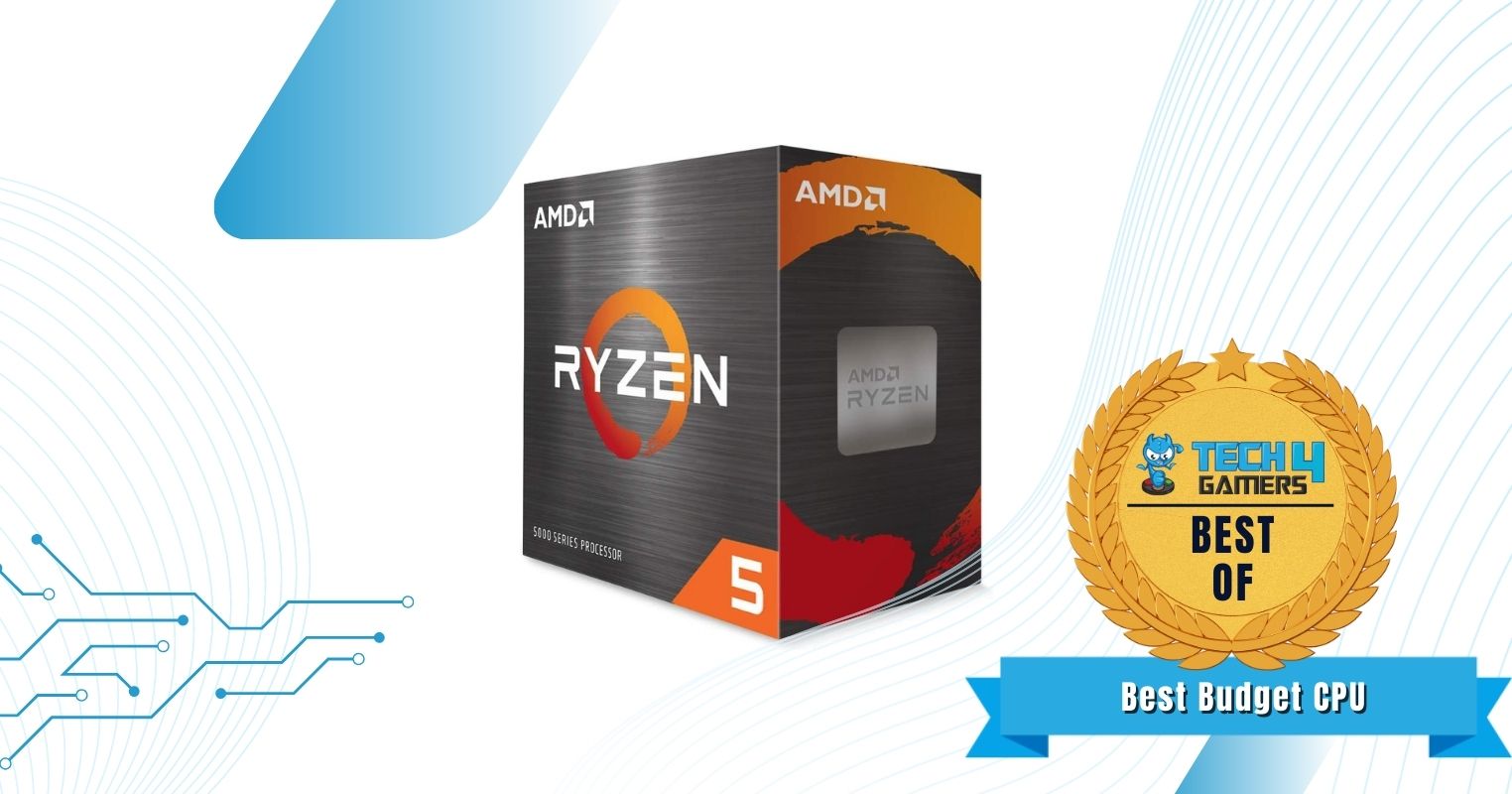
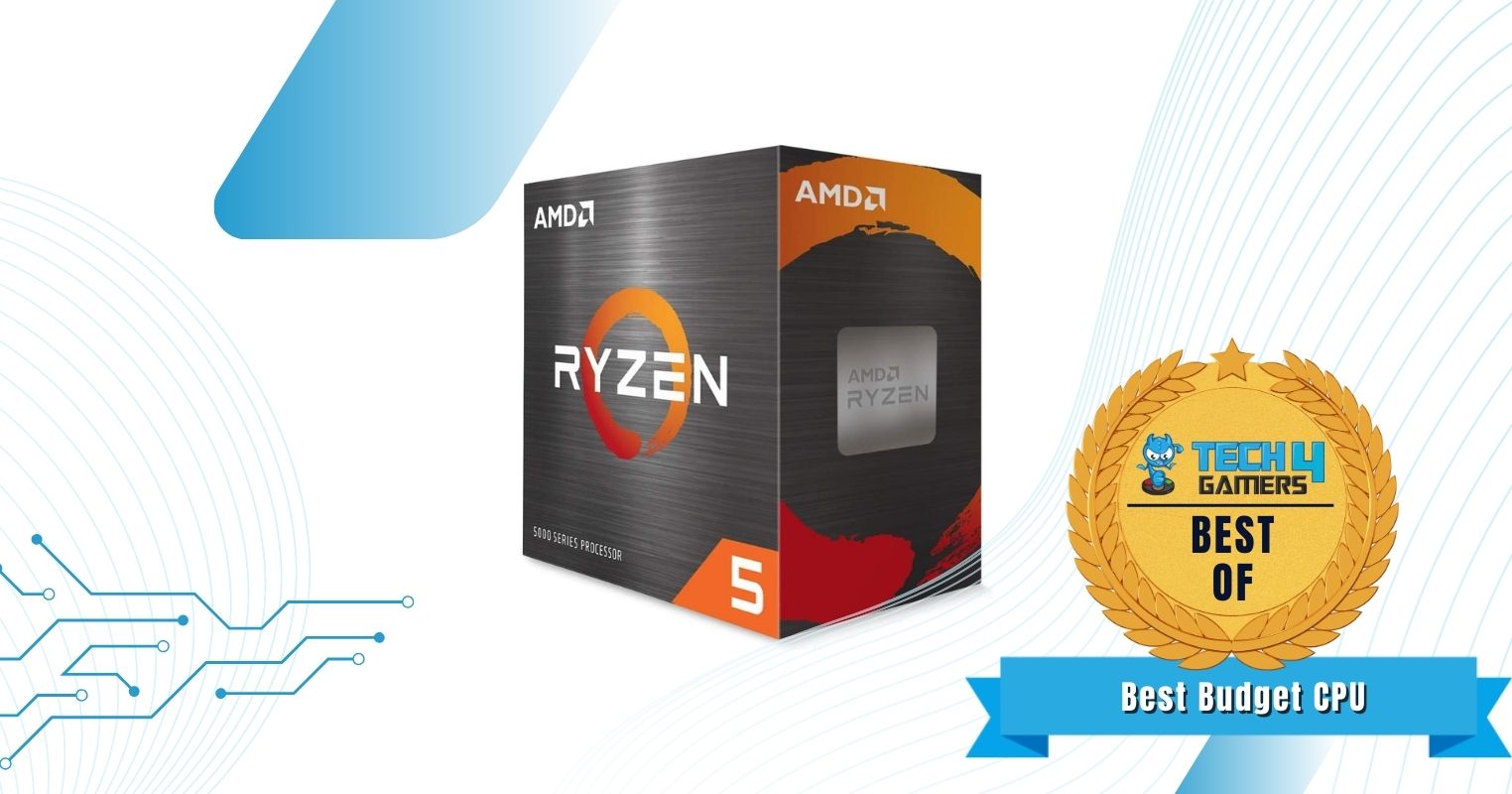
Socket: AMD AM4 | Cores: 6 | Threads: 12 | L2 Cache: 3MB | Base Clock: 3.7 GHz | Boost Clock: Up to 4.6 GHz | TDP: 65W | Unlocked: Yes
Pros
- Very affordable price
- Decent multi-core performance
- Quite efficient
Cons
- Older platform
- Mid-range gaming performance
- Struggles with high bitrate encoding
Value-hunters will rejoice at the thought of a good streaming CPU that does not completely break the bank, and that is the AMD Ryzen 5 5600X. It might not be the best Ryzen CPU for streaming 4K gameplay to your audience, but it certainly gets the job done at a reasonable level while being easy on the pocket.
What makes the AMD Ryzen 5 5600X so impressive is the value it offers for the money, both in terms of gaming performance as well as its streaming capabilities. The Zen 3 architecture introduced a completely redesigned core complex layout that reduced latency and improved IPC, resulting in a massive improvement in single-core performance over the outgoing Zen 2 series.
Even though the gaming performance might seem average when compared to the flagship CPUs of today, it is nothing to scoff at. The 6 cores and 12 threads of the Ryzen 5 5600X make it adequate for most modern games, all the while being an impressive specimen in multi-core performance as well. Its cores can boost all the way up to 4.6 GHz, which is ideal for a Twitch streaming CPU.
Given the value-oriented position of this CPU on the market, it might just be the recommended CPU for streaming at 1080p resolution. You may need to play around with the stream quality settings a little bit, but the Ryzen 5 5600X is able to handle most games at 1080p while streaming simultaneously from the same machine. Of course, it helps if you trim down your background processes a little bit while streaming.
You can use either the GPU or CPU for streaming, and the results can be more than acceptable if you configure your stream correctly and choose the right games. Obviously, the Ryzen 5 5600X can’t hope to match the flagship processors with a million cores, but it consistently ranked in the middle of the pack for x264 and x265 encoding in my testing.
This is impressive even before you take into account the main benefit of the Ryzen 5 5600X; its value. Not only is this processor quite cheap in 2023, but it also uses the affordable AM4 platform and older DDR4 memory. These components have fallen in price quite a bit in the last year or so, and this improves the value proposition of the Ryzen 5 5600X even more.
You can pick up a B550 or even a B450 motherboard for this CPU, or you can choose one from our selection of the best motherboards for Ryzen 5 5600X. Be advised, however, that the AM4 socket is a dead end, and there will be no more products launched on that platform.
What We Liked
The value for money that you get with the Ryzen 5 5600X is unparalleled. It is quite an affordable CPU that can hold its own against most current-gen processors when it comes to gaming and streaming.
What We Disliked
There is not a lot to be disliked about the Ryzen 5 5600X, considering the price tag. It might occasionally struggle with high bitrate or high-resolution software encoding, but that is to be expected in this price bracket.
Who Is It For?
The AMD Ryzen 5 5600X is quite possibly the best budget streaming CPU on the market, so that makes it ideal for anyone who is looking to stream their gameplay without spending a fortune. It also makes a lot of sense if you are already on an older Ryzen CPU or have an X570 motherboard.
What Makes It The Best Budget Streaming CPU?
The gaming and streaming performance offered by the AMD Ryzen 5 5600X is quite impressive for the price, and that makes it an ideal candidate for the title of best budget streaming CPU.
Other Things You Need With Ryzen 5 5600x:
Intel Core i7-13700K
Best 1440p Streaming CPU
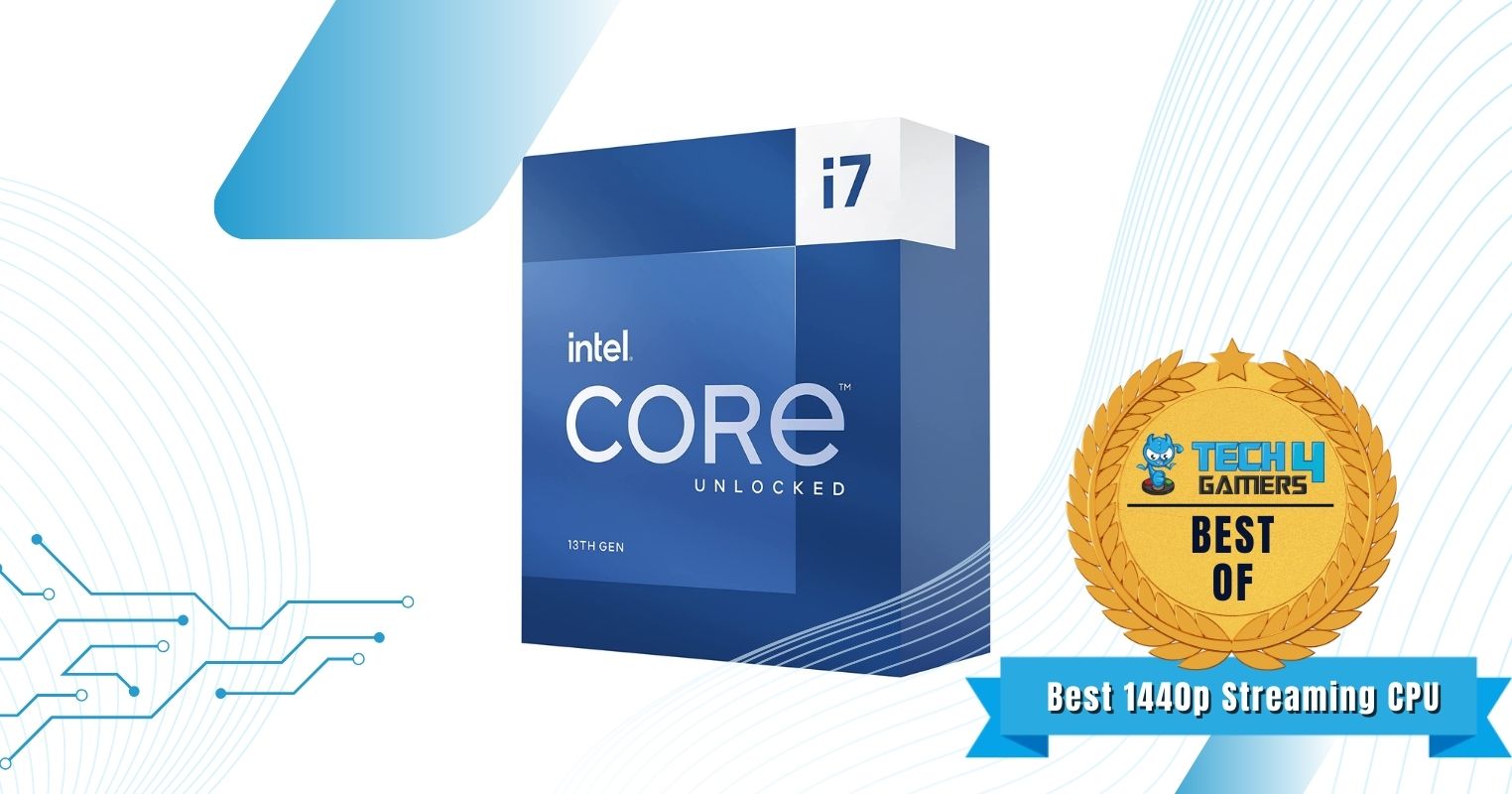
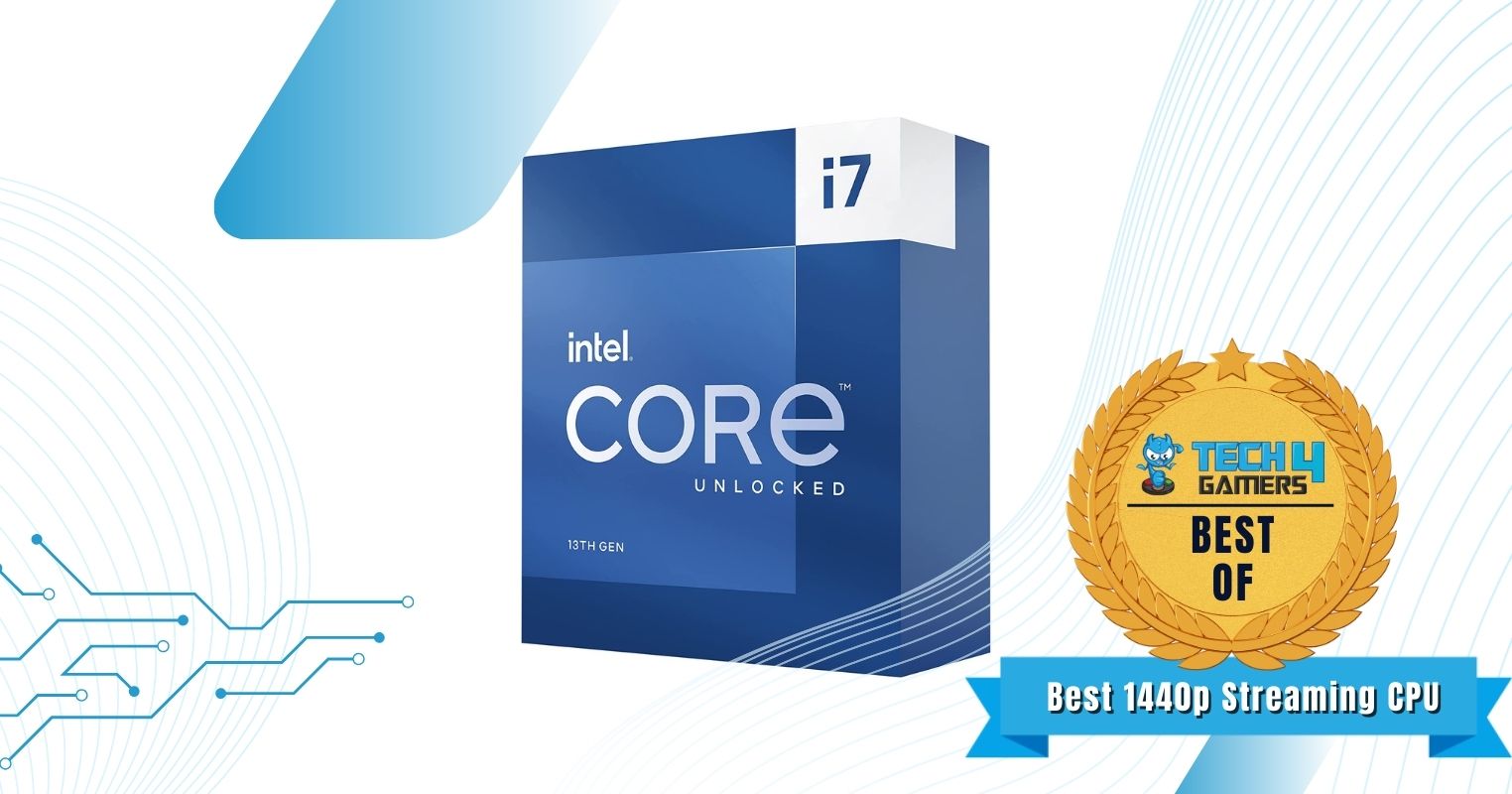
Socket: FCLGA1700 | Cores: 16 (8P + 8E) | Threads: 24 | L2 Cache: 24MB | Base Clock: 2.5 GHz | Boost Clock: Up to 5.4 GHz | TDP: 125W | Unlocked: Yes
Pros
- Superb multi-core performance
- Impressive gaming performance
- Supports DDR4 and DDR5
Cons
- Relatively expensive
- Quite power hungry
- May run hot
The Core i7-13700K holds a very interesting position in Intel’s lineup. While it is still an expensive CPU, it delivers great value for the money in terms of its gaming and productivity numbers. In my testing, the i7-13700K was within a slim margin of the flagship i9-13900K in most gaming scenarios while completely defeating the Ryzen 7 7700X in productivity workloads.
This performance is made possible by the impressive core layout and architectural design of the Intel Raptor Lake CPUs. By combining 8 P-Cores and 8 E-Cores, the i7-13700K aims to hit the sweet spot between performance and efficiency. Moreover, the 16 total cores and 24 threads of this CPU allow it to perform very admirably in productivity and multitasking scenarios.
From a value standpoint, the i7-13700K offers a bit of a mixed bag. It is not an affordable CPU as it targets the high-end “gaming” market, but the performance it offers is quite acceptable or even impressive for the price tag. This is why the Intel Core i7-13700K is a great VR-ready streaming CPU that you can get for a dedicated streaming rig, or you can just use it in a regular gaming machine as well.
During the course of my testing, the Intel Core i7-13700K showed strong performance in the x264 and x265 HD encoding benchmarks. The i7-13700K consistently beat the competing AMD Ryzen 7 7700X, thanks to its extra cores and threads. Moreover, the impressive 5.4 GHz boost clock of the Intel CPU allows it to excel in gaming as well as in streaming.
With the streaming performance that we can get from the Core i7-13700K, it can even be used reliably with x264 software encoding. However, most users will prefer to use a GPU encoder with the i7-13700K to stream at 1440p, and that is even more ideal. This frees up most of the CPU’s cores and allows them to handle all the multitasking and background tasks that may hamper your streaming process.
When paired with a reasonably modern and powerful GPU like the RTX 4080, the i7-13700K can be an ideal 1440p streaming CPU. It might struggle a little bit with high bitrate encoding in some demanding games, but that is to be expected in this product category. If you customize your stream settings and find the sweet spot, the i7-13700K can deliver a near-flawless streaming experience.
Be advised, however, that the i7-13700K can draw a lot of power if its thermal budget is utilized to its full potential.
What We Liked
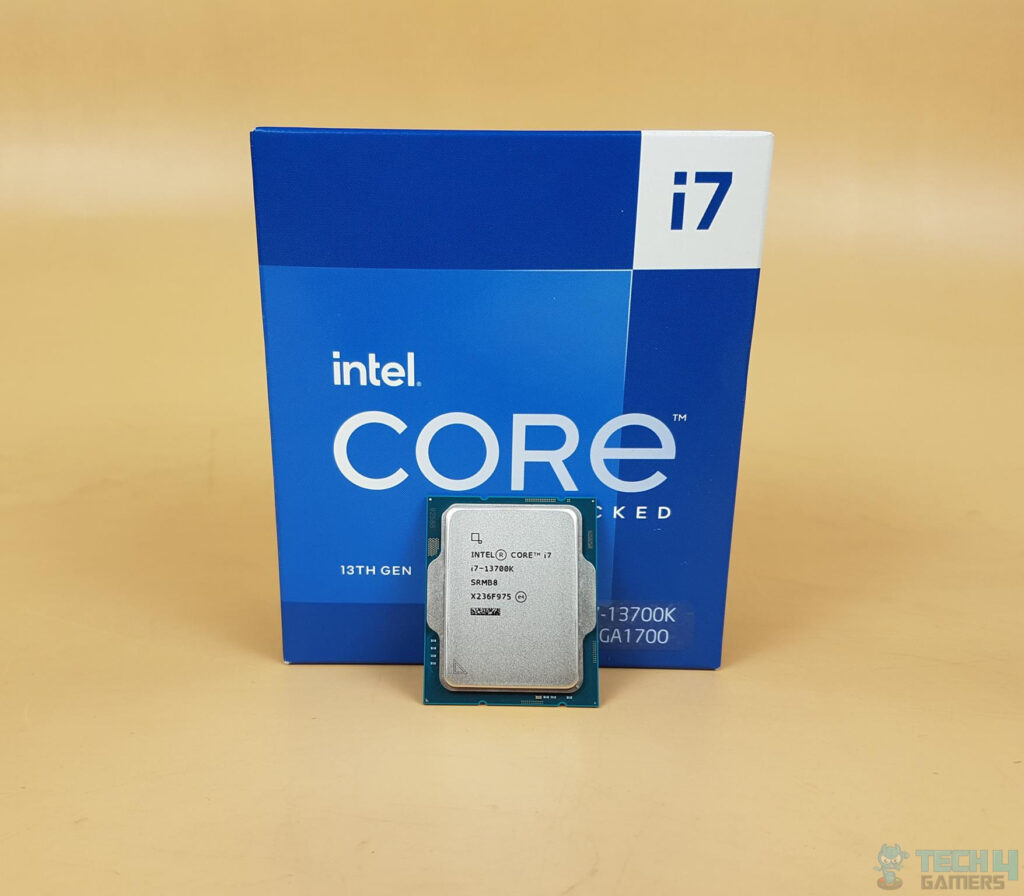
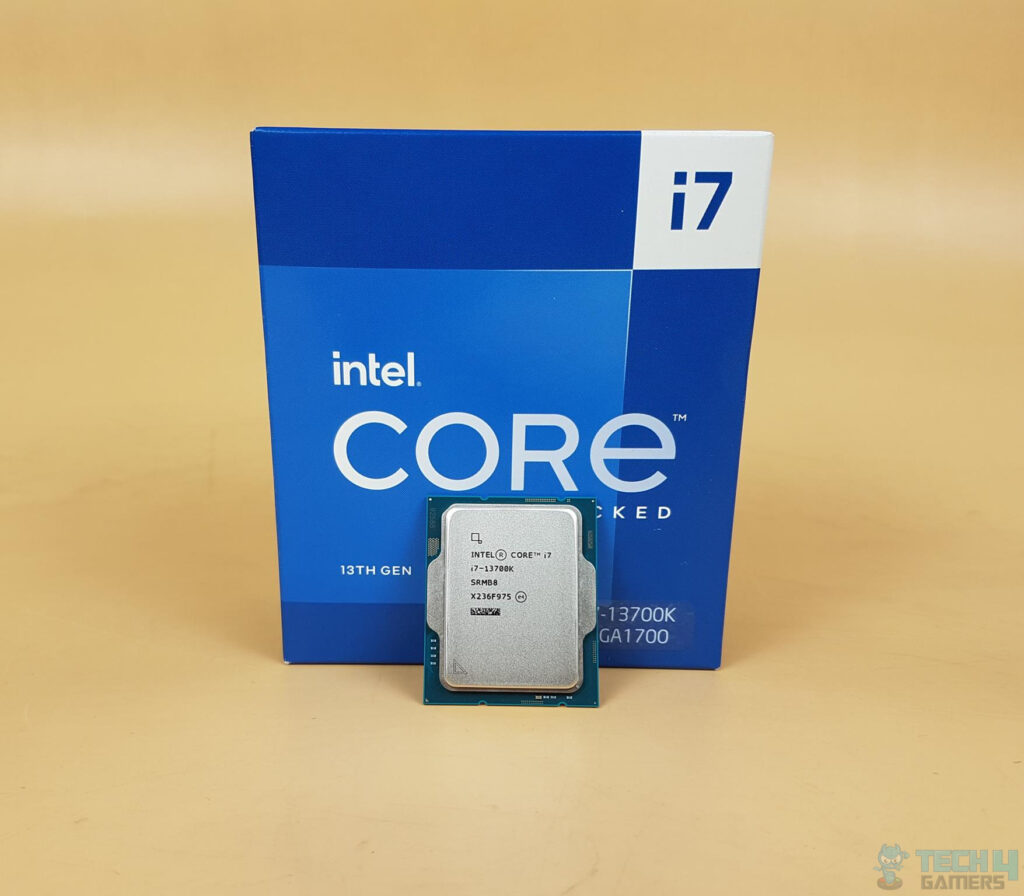
The gaming and streaming performance of the i7-13700K is extremely strong, especially if you plan to game at 1440p and stream it simultaneously. It can handle CPU encoding admirably and is great for general productivity as well.
What We Disliked
The i7-13700K is still an expensive CPU, even though it delivers great value. Of course, being a Raptor Lake processor, it has a high power draw and tends to run a bit toasty. You might need to look at a decent aftermarket cooler for this purpose.
Who Is It For?
If you are looking for a 1440p streaming CPU that can perform admirably in both gaming and streaming, then the i7-13700K is worth considering. It is also a great value upgrade if you are already on the 12th Gen Intel platform or if you already have DDR4 memory.
What Makes It The Best 1440p Streaming CPU?
The level of multi-core performance offered by the i7-13700K in both software encoding and hardware encoding scenarios, combined with its impressive gaming performance, makes it the best 1440p streaming CPU on the market.
Other Things You Need With i7-13700K:
- Intel Core i7-13700K Review
- Best Motherboard for i7-13700K
- Best RAM for i7-13700K
- Best CPU Cooler for i7-13700K
Benchmarks
In order to judge the streaming capabilities of various CPUs, our team of hardware specialists ran a gauntlet of tests on our target processors. These tests were designed to objectively judge both the gaming and streaming performance of the CPUs at different resolutions and different bitrates. We also ran the x264 and x265 HD software encoding benchmarks to judge the native encoding capabilities of our CPUs.
Important CPU Key Terms
Here are some key CPU terms you should know when shopping for a streaming CPU.
- Cores: A CPU die is divided into parts known as cores which help execute various functions.
- Threads: Cores make use of data strings known as threads to improve multitasking.
- Cache: A small amount of super-fast memory known as cache is stored directly onto the CPU.
- Clock Speed: The clock speed of a processor ranges from base clock to boost clock, and it is the number of data cycles it completes in one second.
- TDP: An estimation of the amount of heat emitted by a processor is known as TDP.
- CPU encoding: When uncompressed frames are packaged into a target file format by the CPU, it is known as CPU encoding. It is also called software encoding.
- Overclocking: Running a CPU faster than its pre-determined frequency is known as overclocking.
How We Picked The Best CPU For Streaming
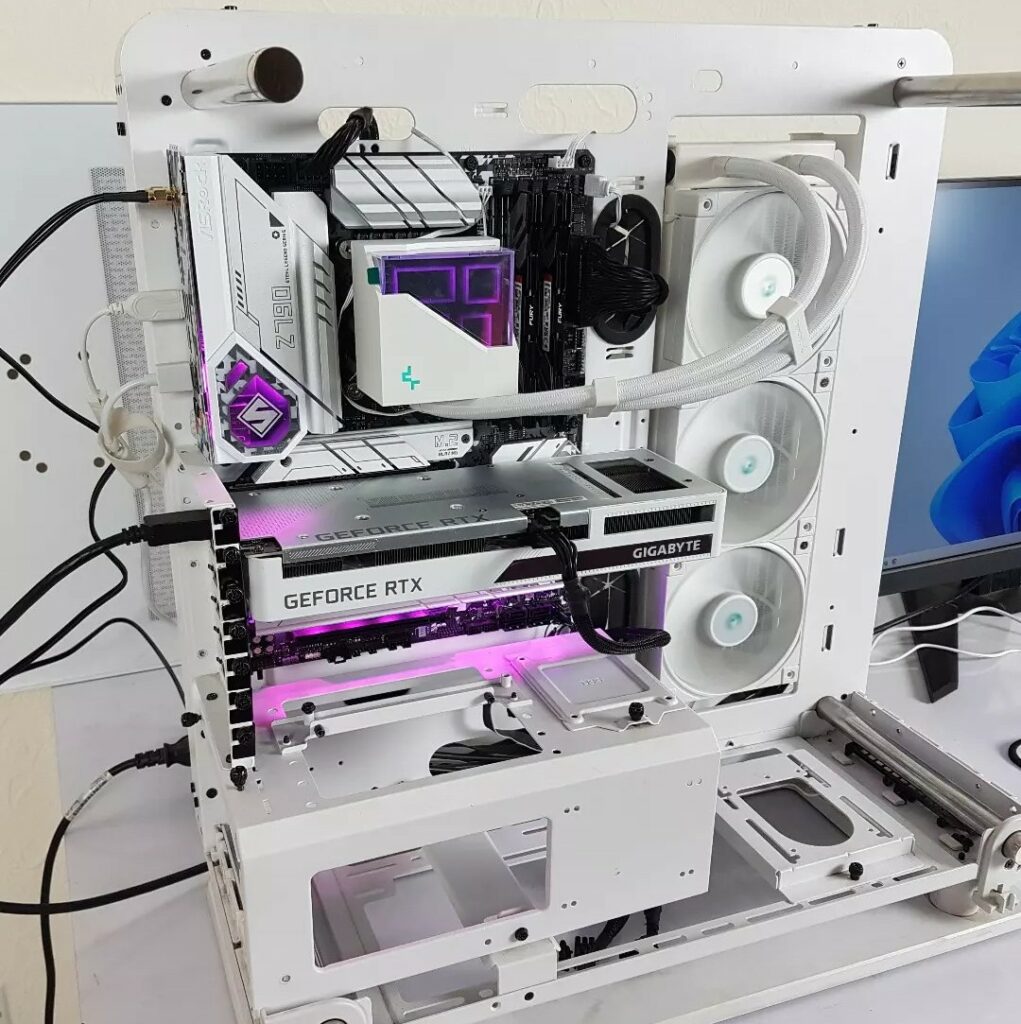
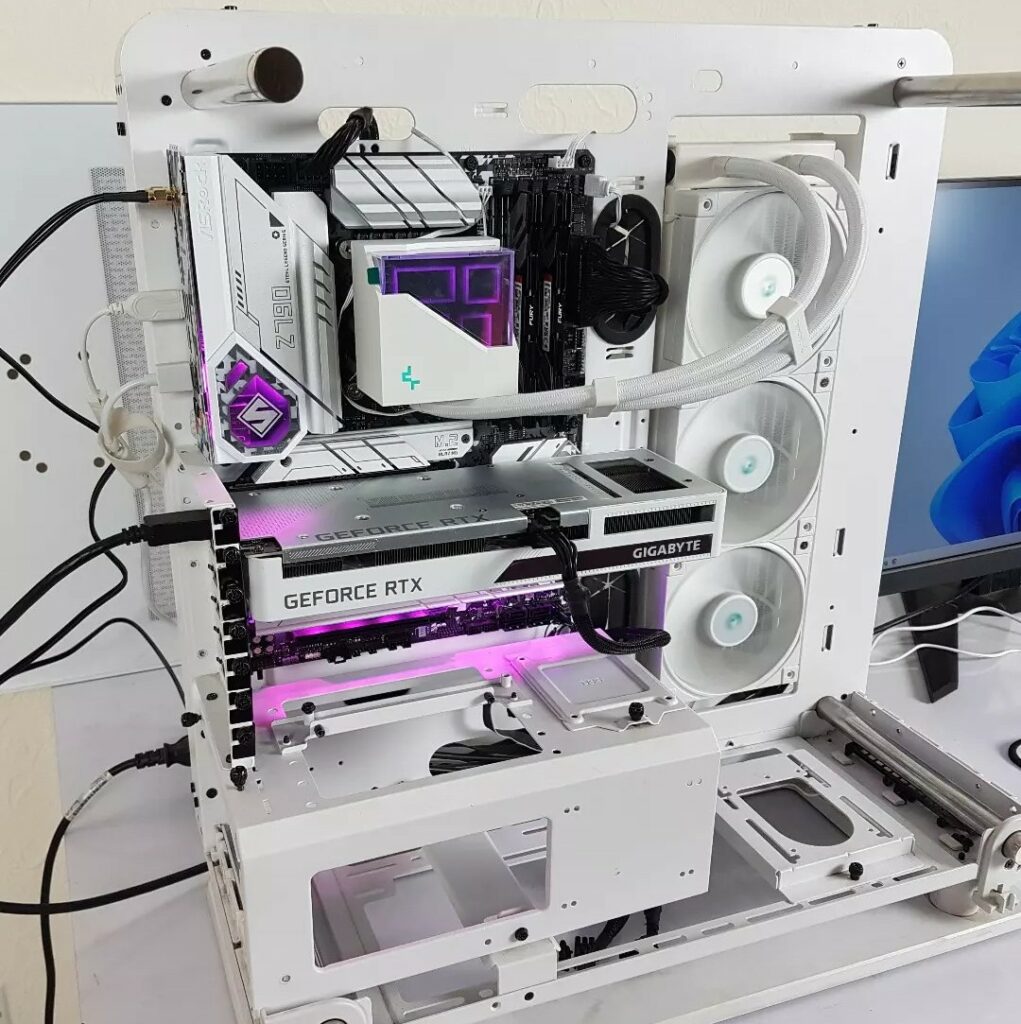
Streaming can be a bit of a complicated market to enter. Most gamers who want to start streaming might not have the right idea of what hardware they need to use. Here is what we considered when choosing the best CPU for streaming.
Multi-core Performance
While gaming still revolves heavily around single-threaded performance, the opposite is true for streaming. You need lots of cores if you want to have an admirable streaming experience, and those cores need to be fast as well. This means that number of cores and their multi-core performance was one of our key considerations when making this list.
Gaming Performance
While dedicated streaming rigs are a good idea if you’re a professional streamer, they are not really feasible for most people. Therefore, a good streaming CPU should also be a good gaming CPU if you want to do both simultaneously. You can’t expect to have a good stream if your own game is running poorly in the first place.
CPU Encoding
CPU encoding, or software encoding, is also linked somewhat to multi-core performance. Basically, you can use the CPU directly for streaming as well, but that puts a lot of load on the CPU. The CPU uses an x264 or x265 encoder to package the gameplay footage into a streamable format. Encoding performance should definitely be considered in this purchase process.
Value for Money
You cannot really make a smart purchase decision without considering value. Streaming CPUs do not necessarily have to be expensive. You can get away with a mid-range or budget CPU as well, provided you customize your stream settings a bit. We considered the price-to-performance ratio of multiple CPUs in various price brackets to finalize our selection.
Why You Should Trust Us
Here at Tech4Gamers, we are proud of our ability to offer accurate recommendations based on extensive testing and empirical evidence. Our dedicated team conducts rigorous and specialized tests on each product to gather valuable information about its performance, durability, ease of use, practicality, and value.
In our pursuit of identifying the best CPU for streaming, we conducted a comprehensive analysis of our target CPUs. Our team subjected them to various streaming scenarios with different levels of CPU dependency. It was crucial for us to evaluate both the CPU’s software encoding capabilities as well as its ability to handle multitasking while encoding was entrusted to the GPU.
As a result of our extensive testing and data collection, we have compiled a list of the best CPUs for streaming available right now.
FAQs
Streaming uses CPU if you use software encoding, but it can also use GPU if you use hardware encoding. Still, the CPU is very important for multitasking in both scenarios.
You should get a CPU with at least 6 cores for streaming, but it is recommended to have 8 cores or more for an ideal experience.
A CPU with at least 6-8 cores and decent multi-core performance is ideal for streaming.
You would need at least 8 cores for streaming and gaming simultaneously. You can get away with 6 cores as well, depending on the game and streaming settings.
CPU usage varies a lot, but it is normal to see a CPU being utilized between 50-80% while streaming. Your CPU is probably struggling if you see CPU usage at 100 while streaming.
Also, Read
Thank you! Please share your positive feedback. 🔋
How could we improve this post? Please Help us. 😔
[Reviews Specialist]
Usman Saleem brings 8+ years of comprehensive PC hardware expertise to the table. His journey in the tech world has involved in-depth tech analysis and insightful PC hardware reviews, perfecting over 6+ years of dedicated work. Usman’s commitment to staying authentic and relevant in the field is underscored by many professional certifications, including a recent one in Google IT Support Specialization.
- 8+ years of specialized PC hardware coverage
- 6+ years of in-depth PC hardware analysis and reviews
- Lead PC hardware expert across multiple tech journalism platforms
- Certified in Google IT Support Specialization


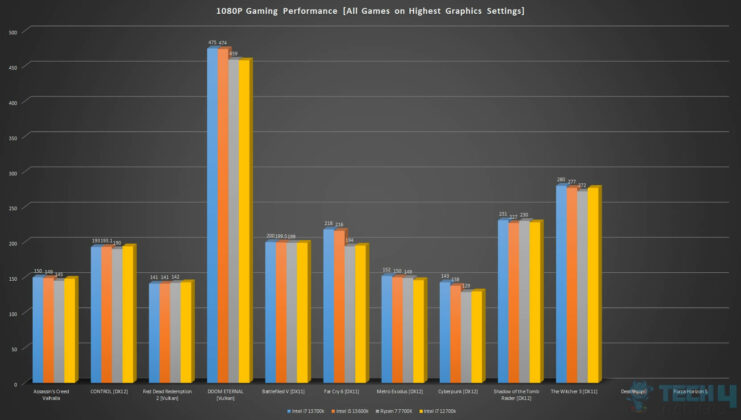
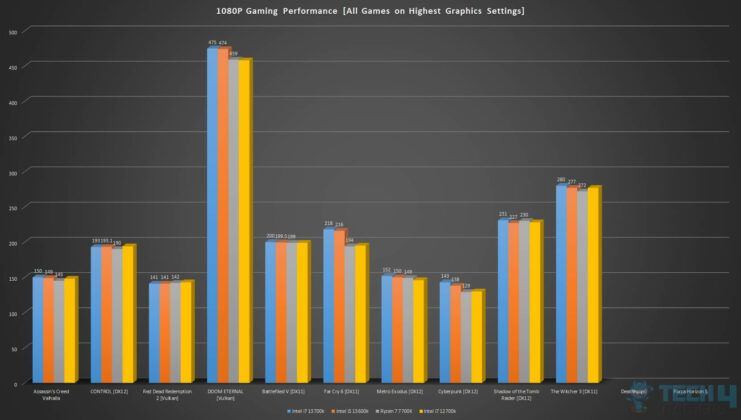
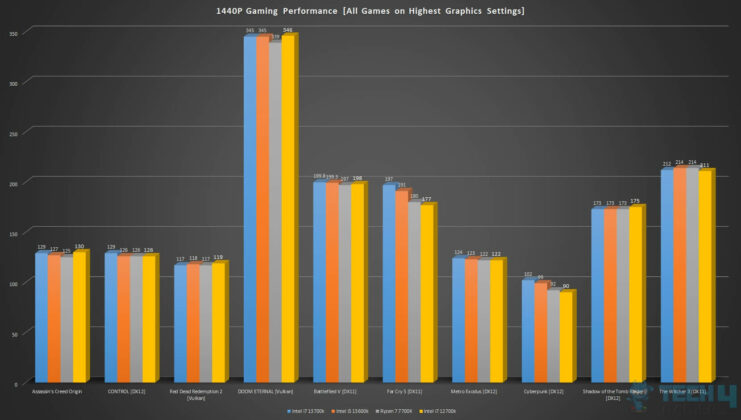
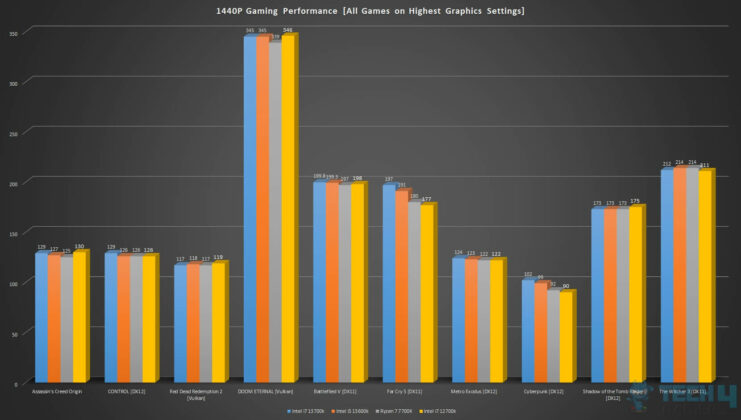
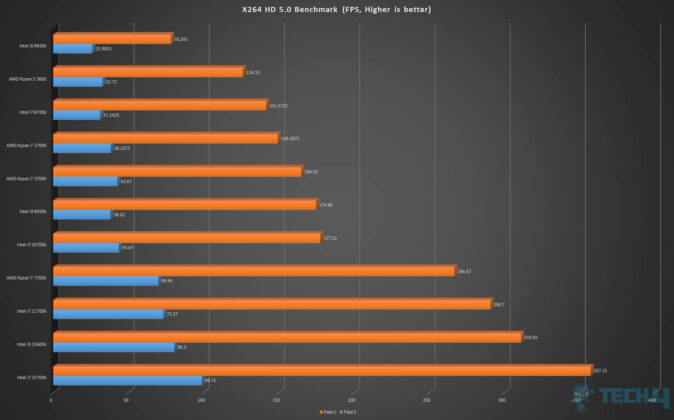
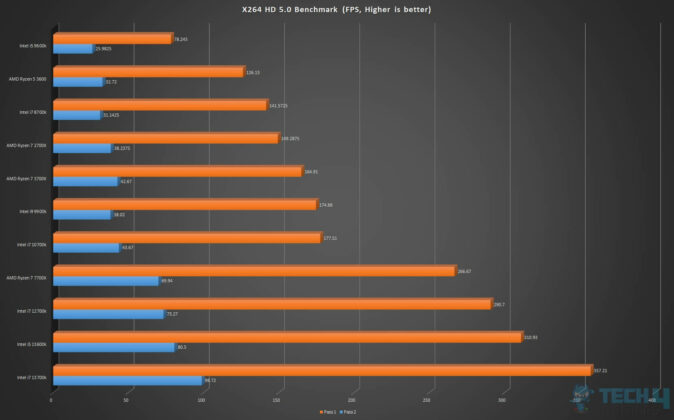
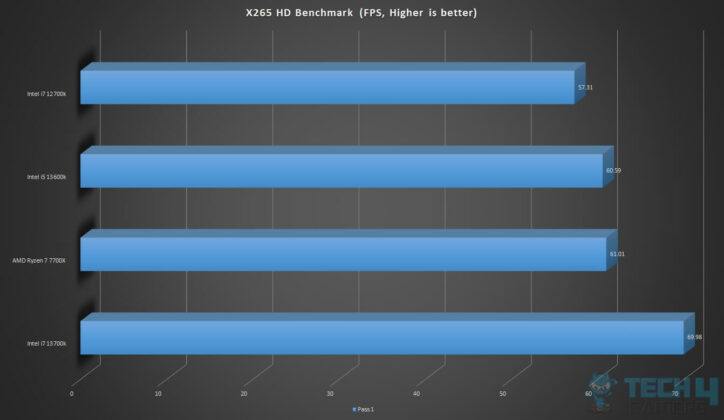
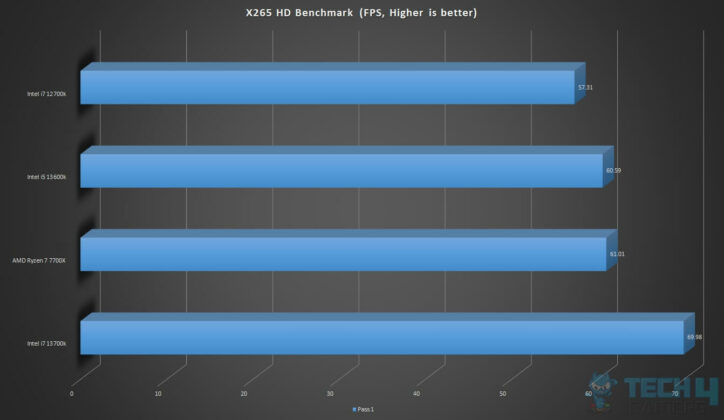
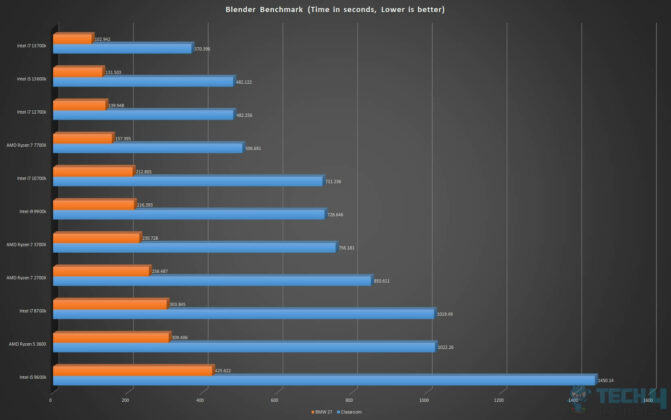
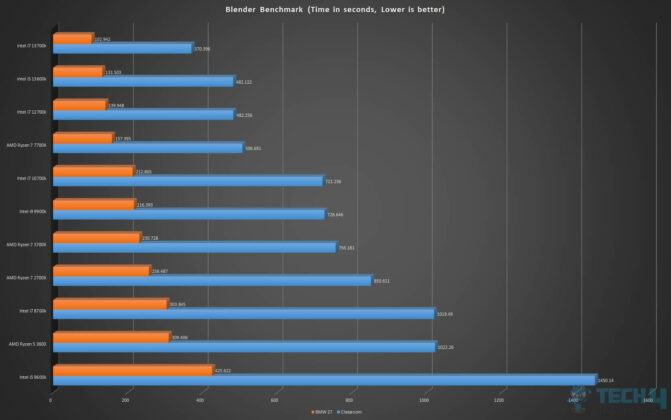
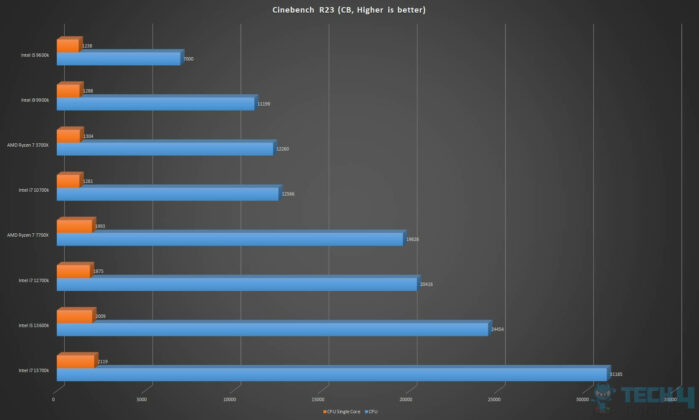
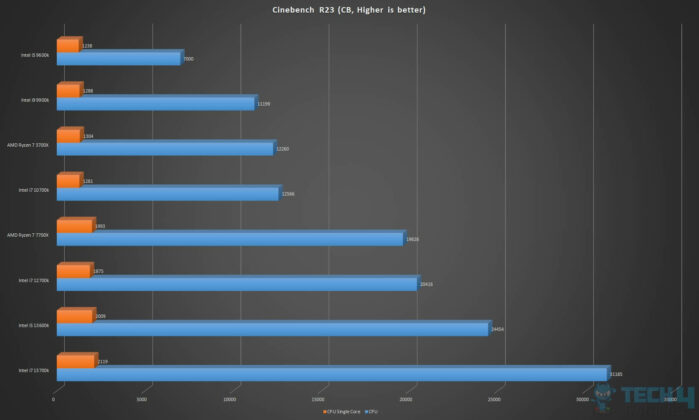
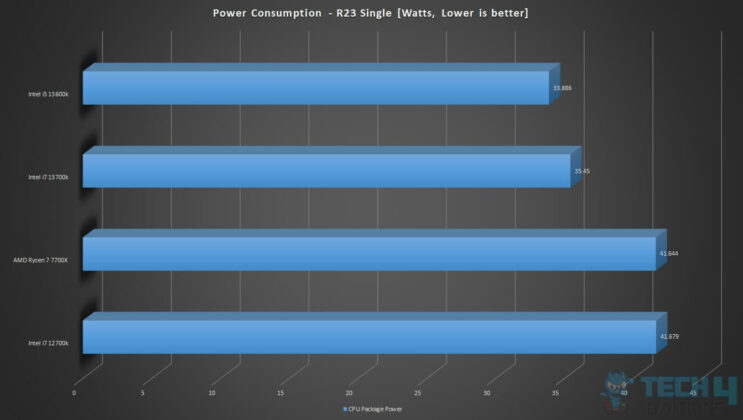
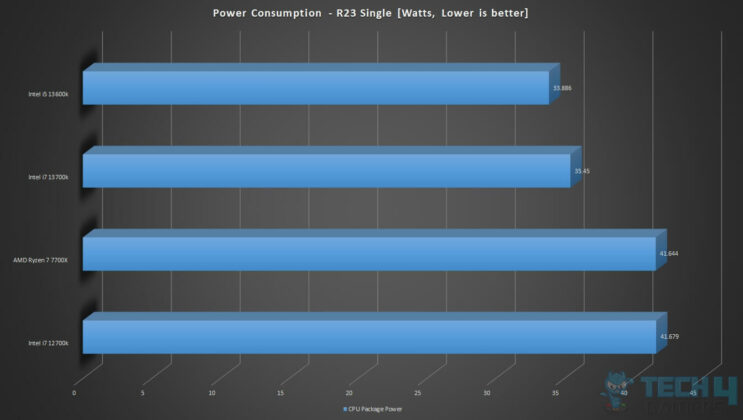
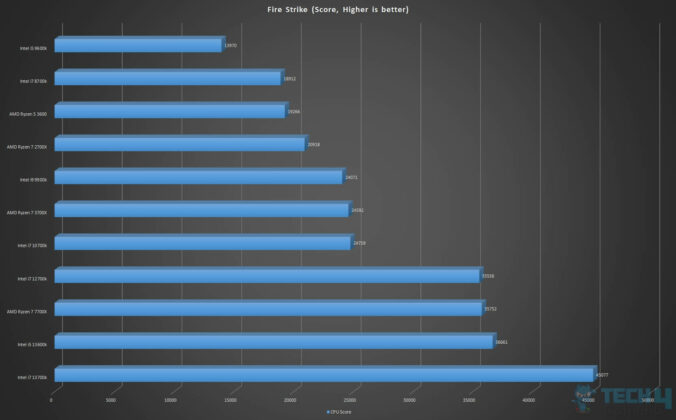
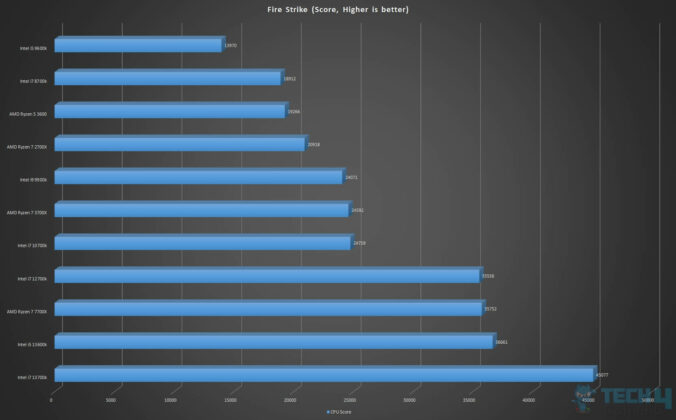
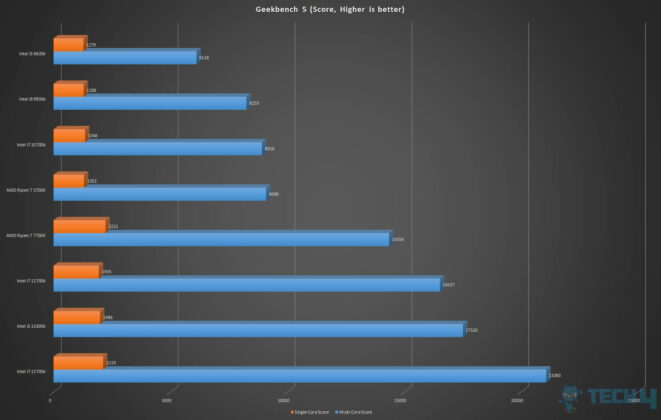
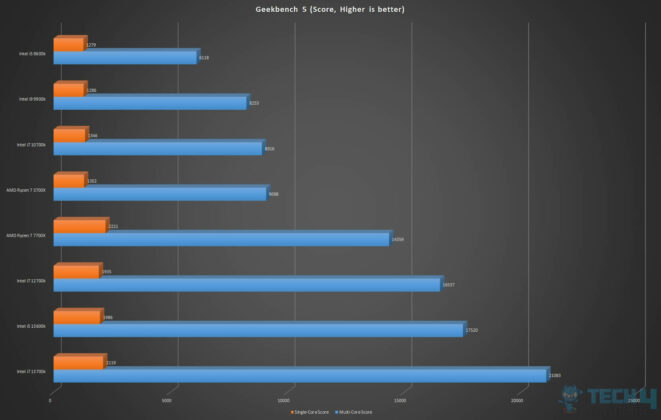
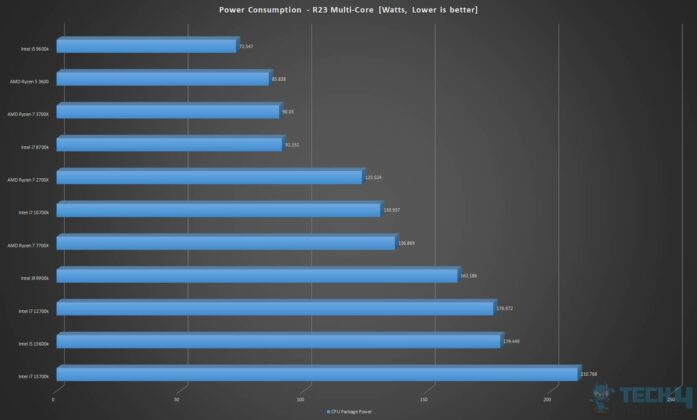
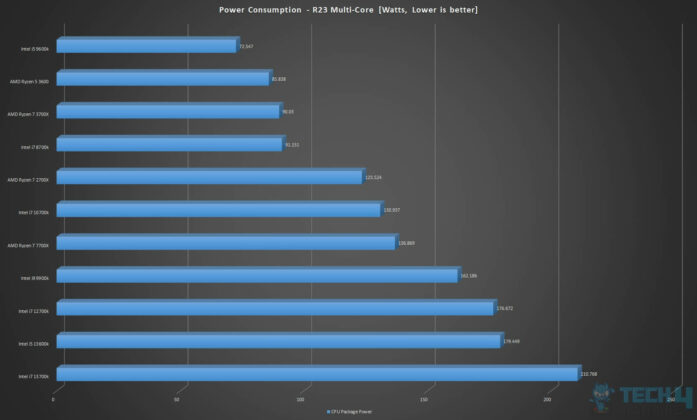
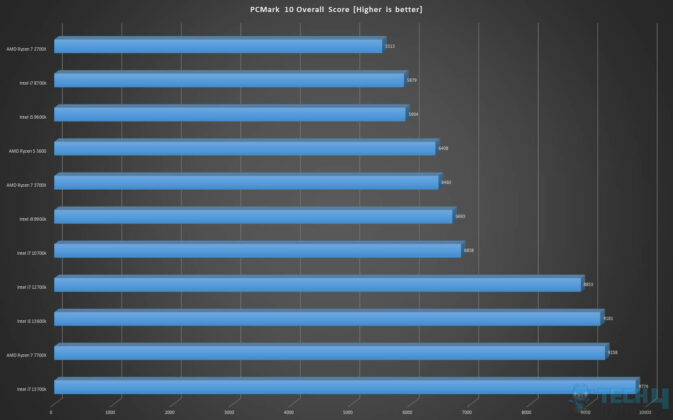
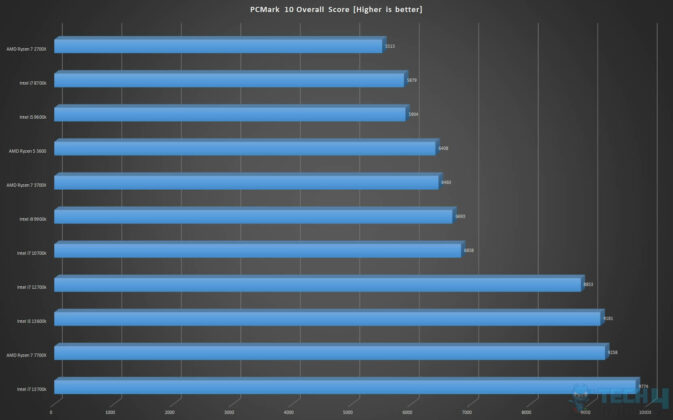
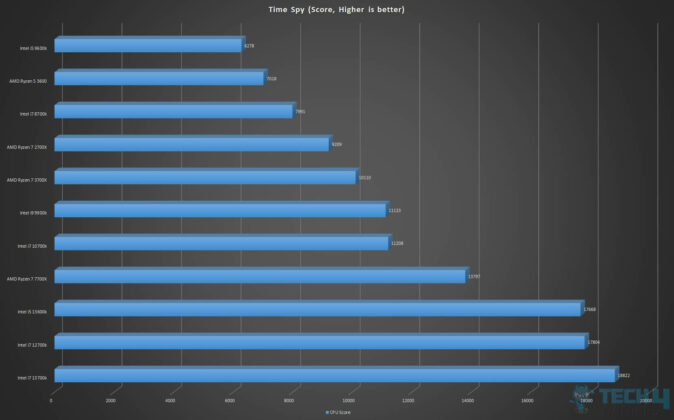
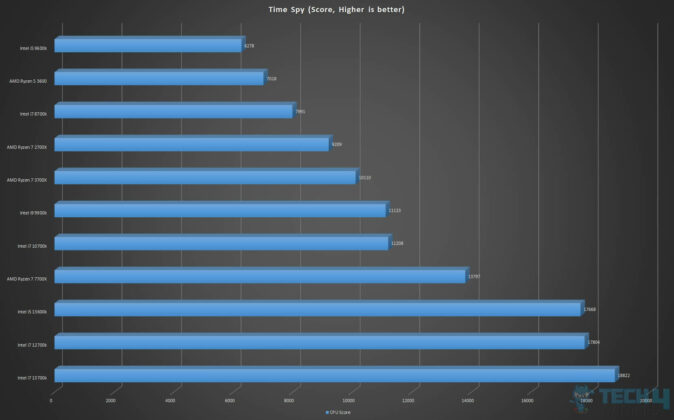




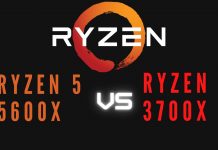
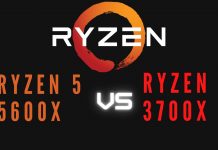
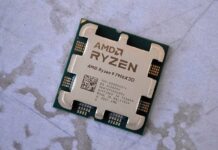
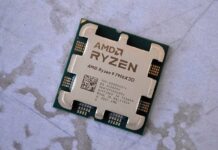


![BEST CPU Coolers For i9-13900K [Benchmarks Included] CPU Coolers For Intel Core i9-13900k](https://tech4gamers.com/wp-content/uploads/2022/11/best-cpu-cooler-i9-13900k-218x150.jpg)
![BEST CPU Coolers For i9-13900K [Benchmarks Included] CPU Coolers For Intel Core i9-13900k](jpg/best-cpu-cooler-i9-13900k-218x150.jpg)

